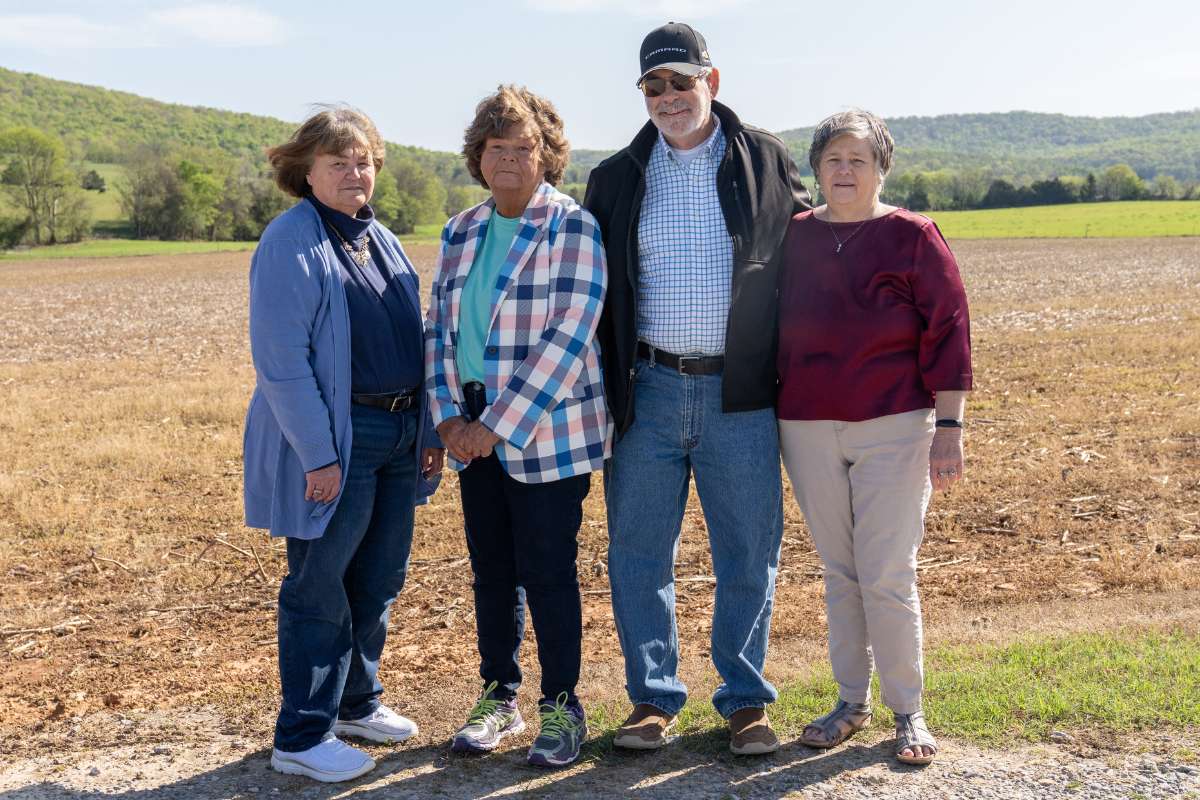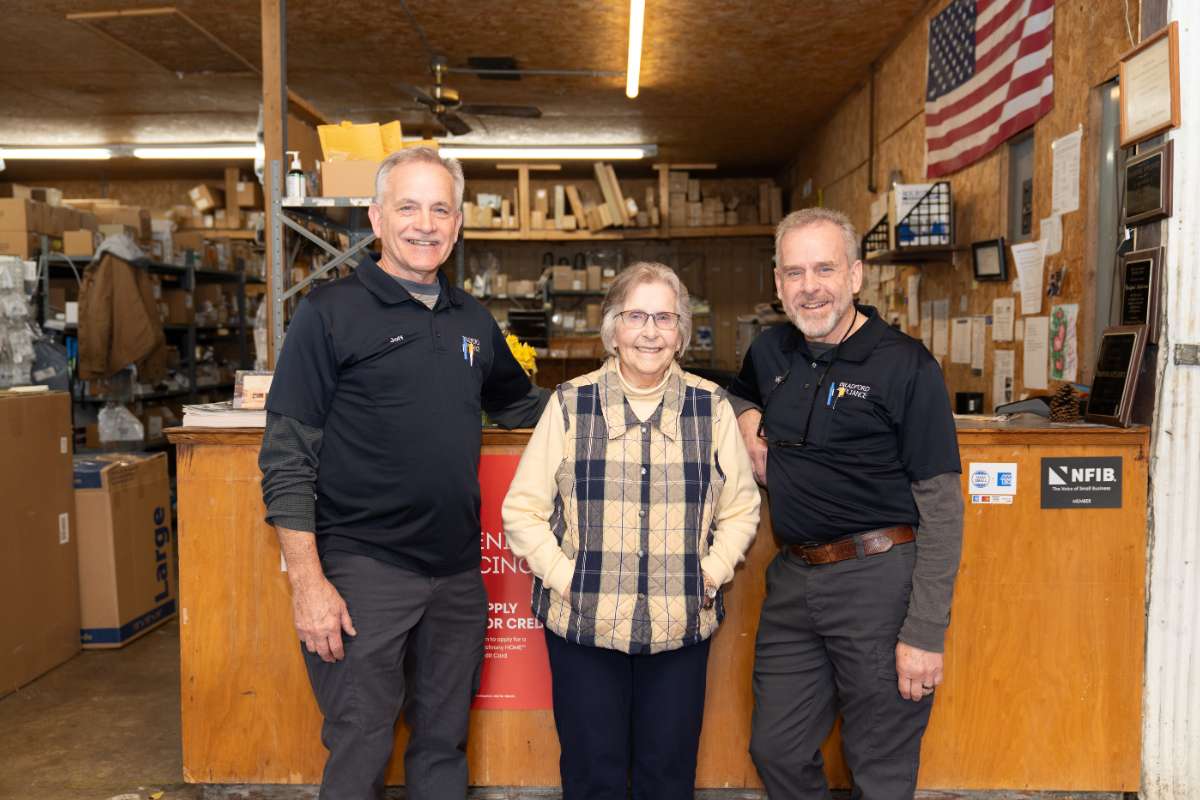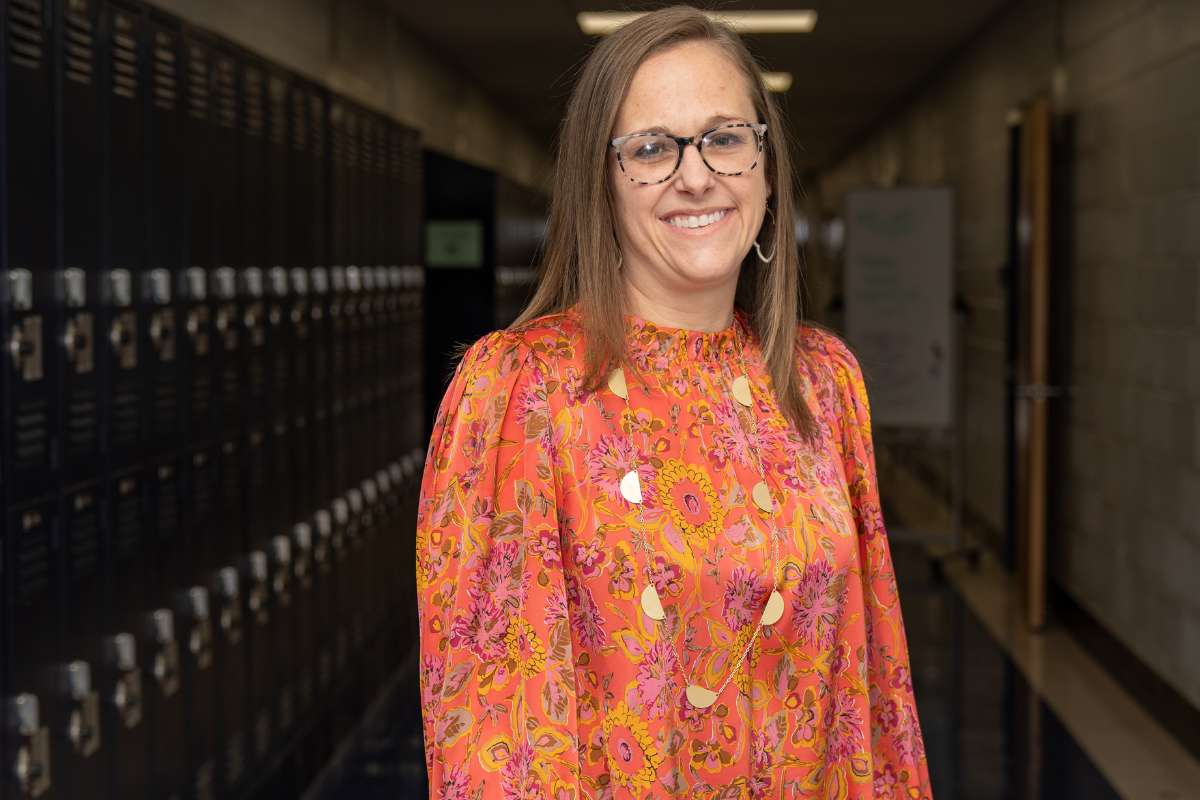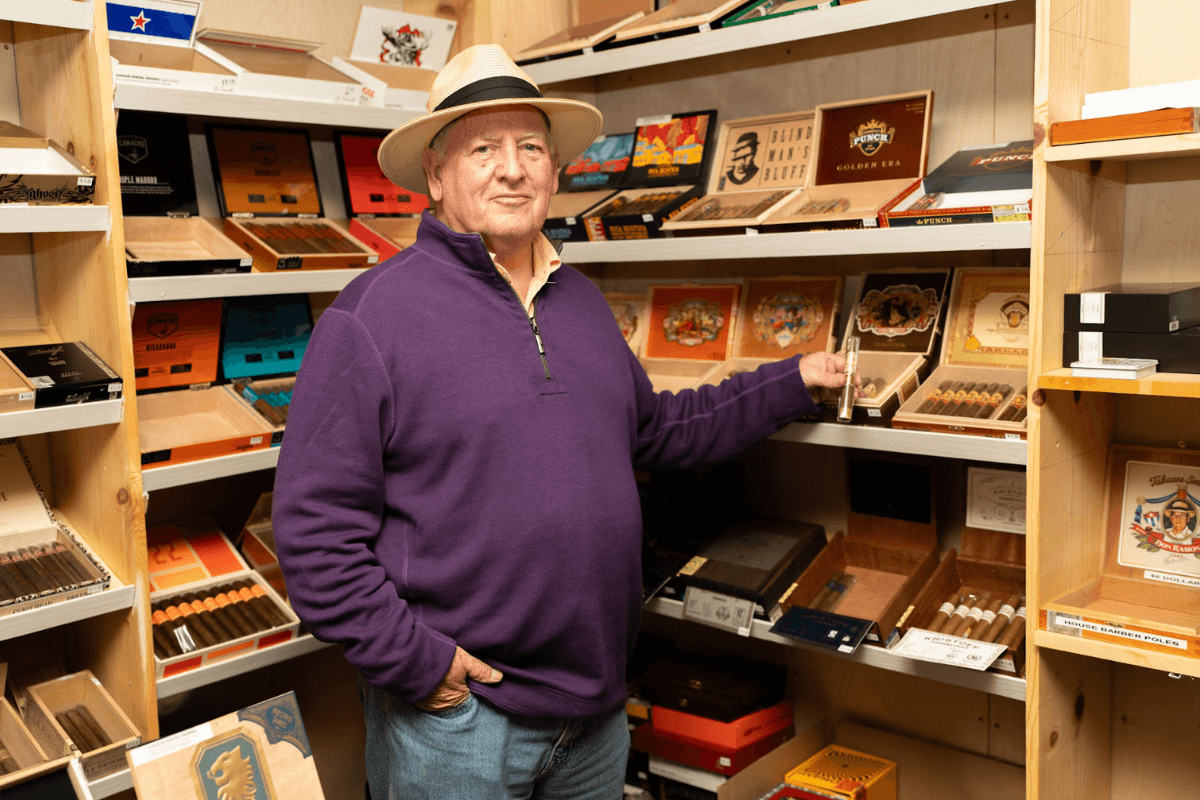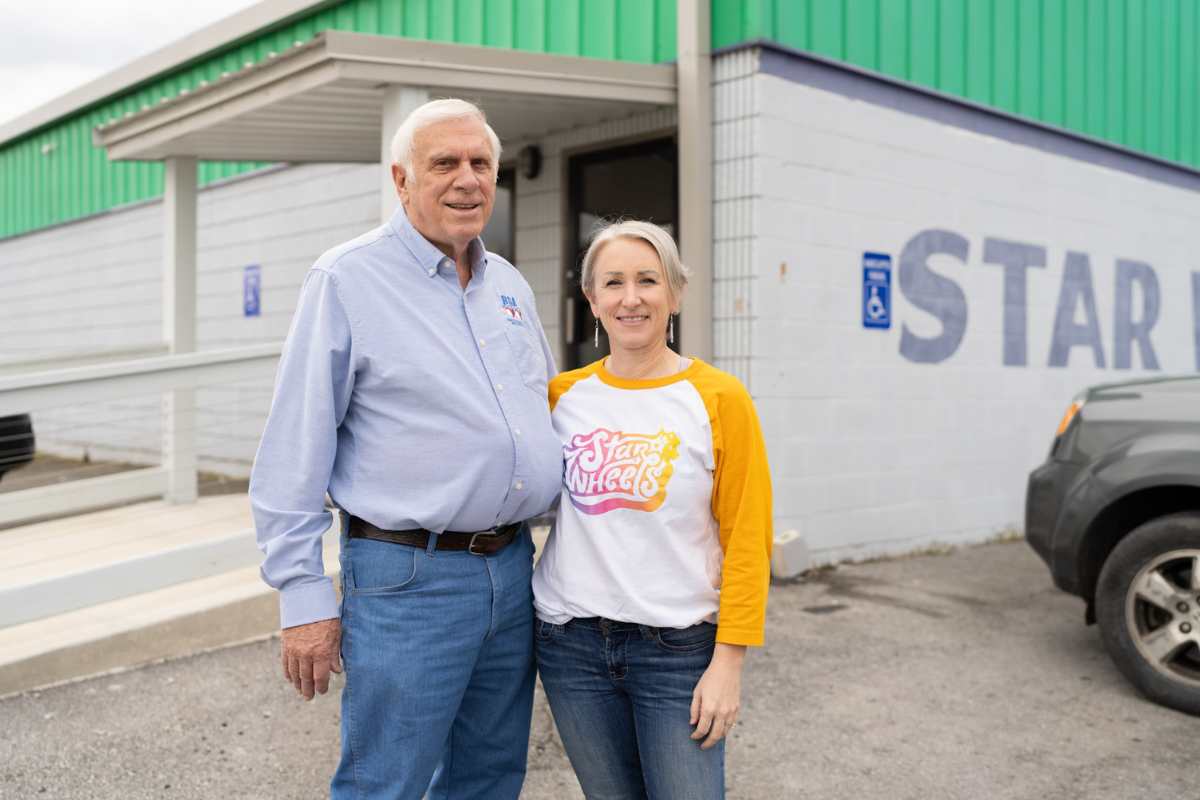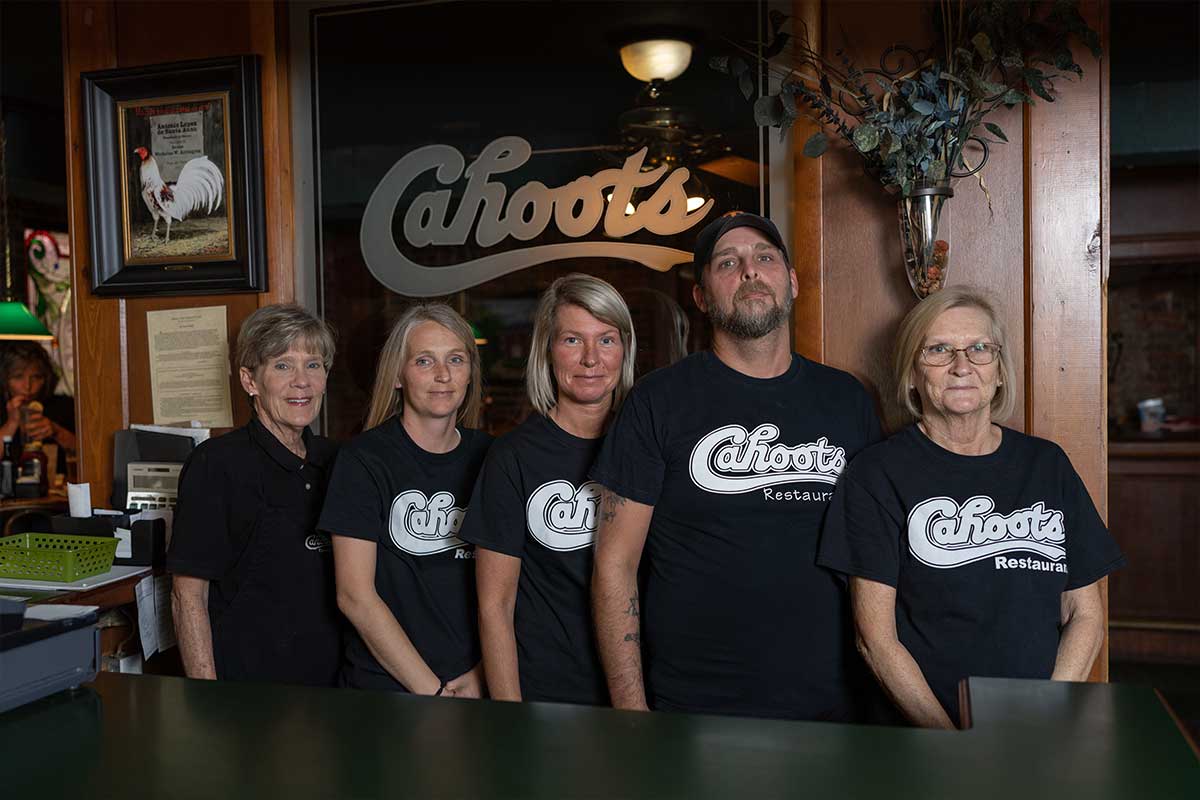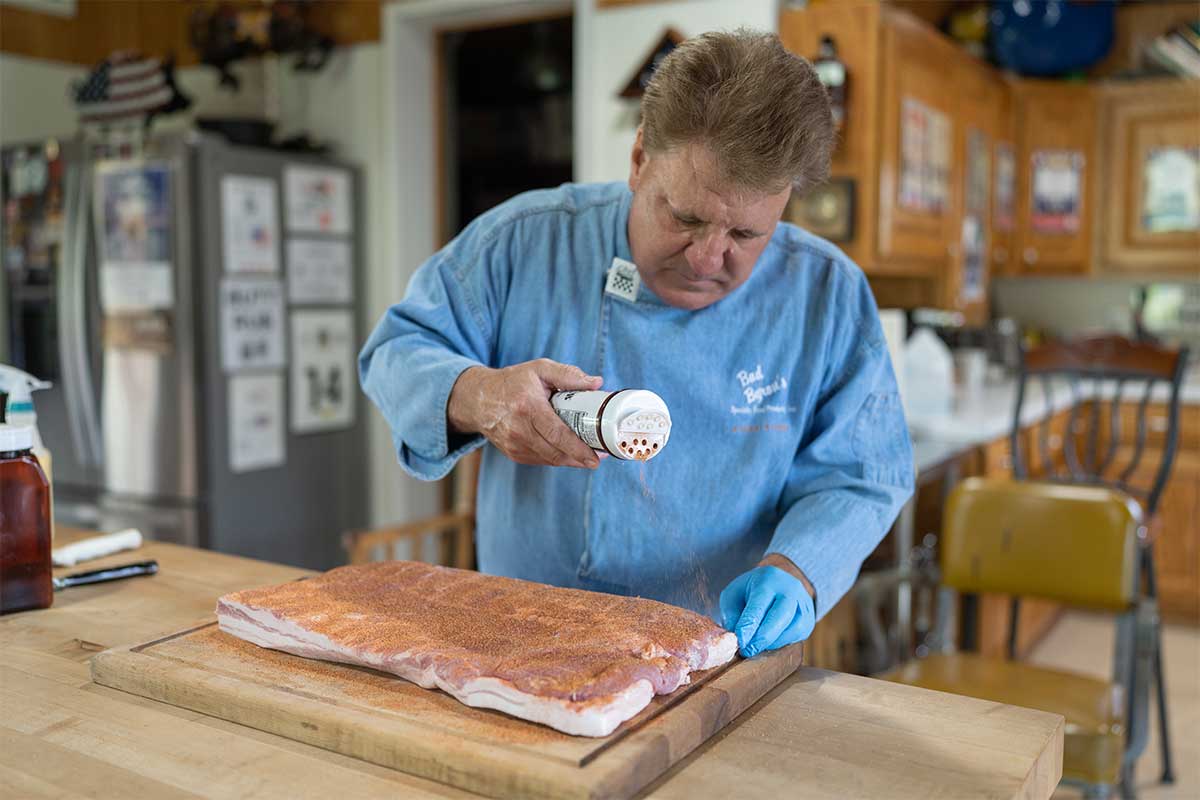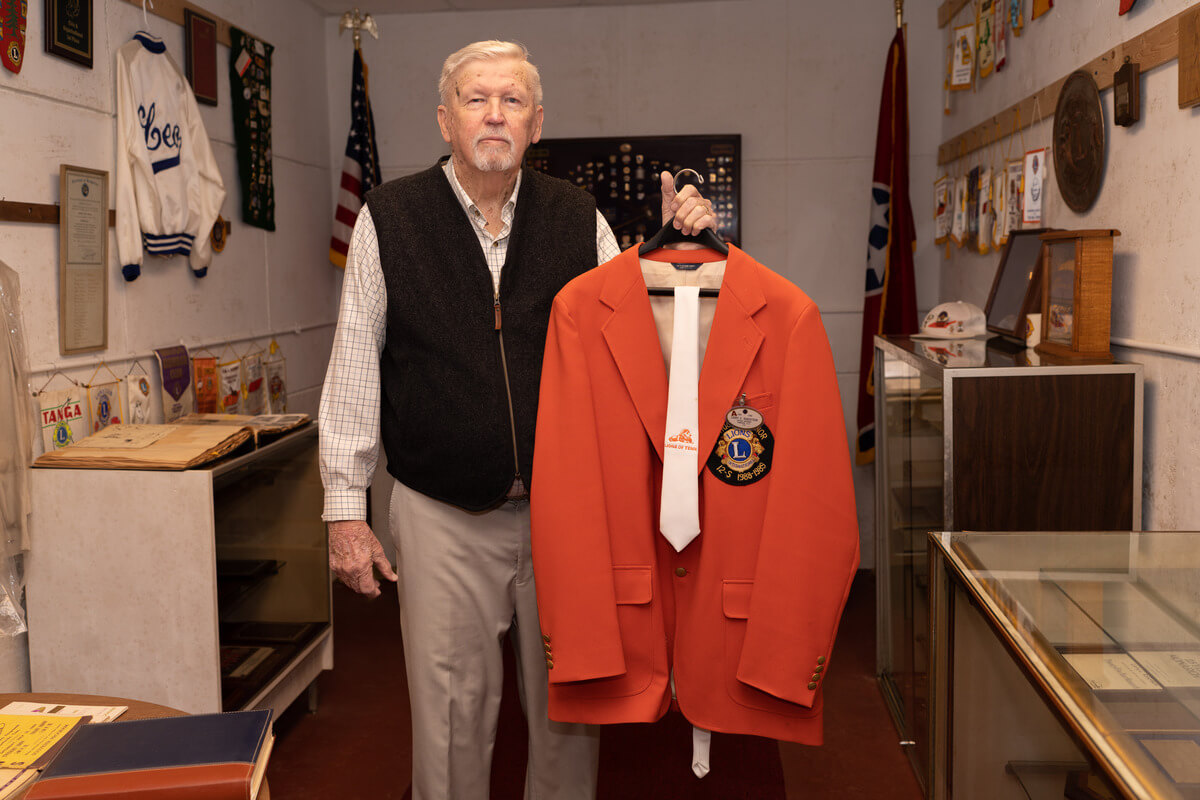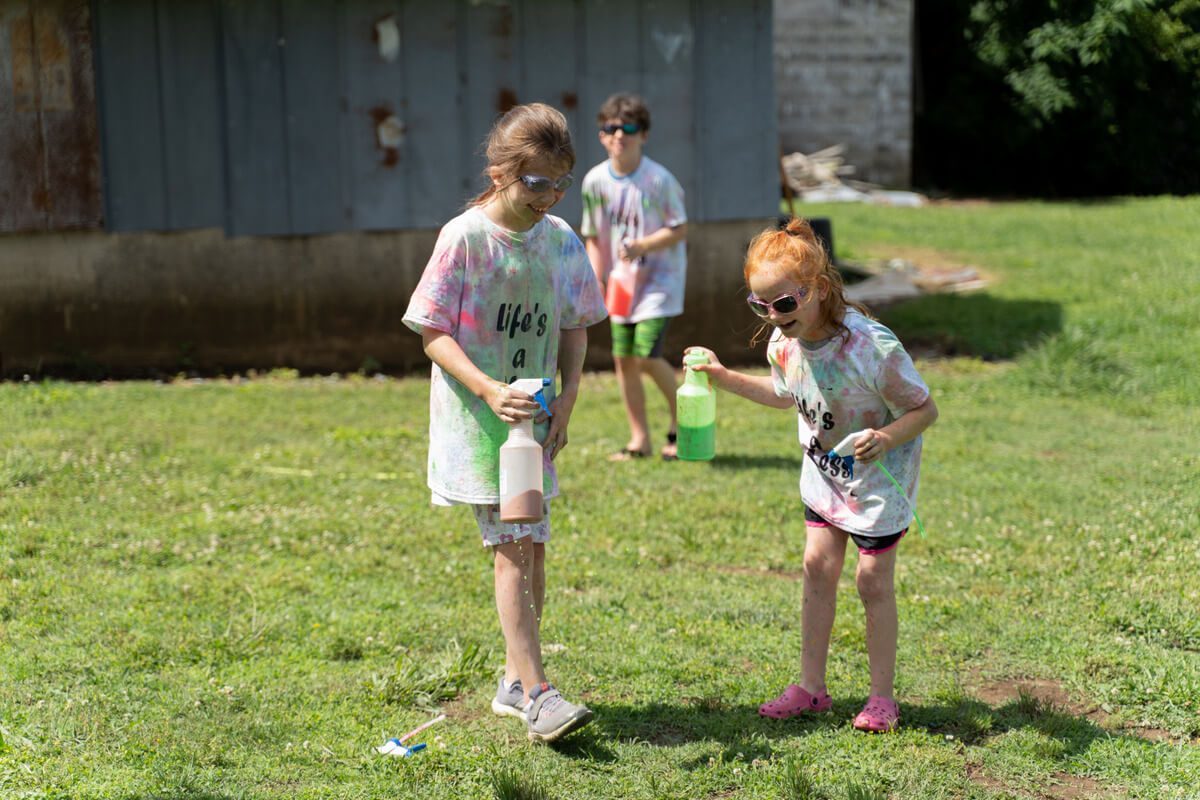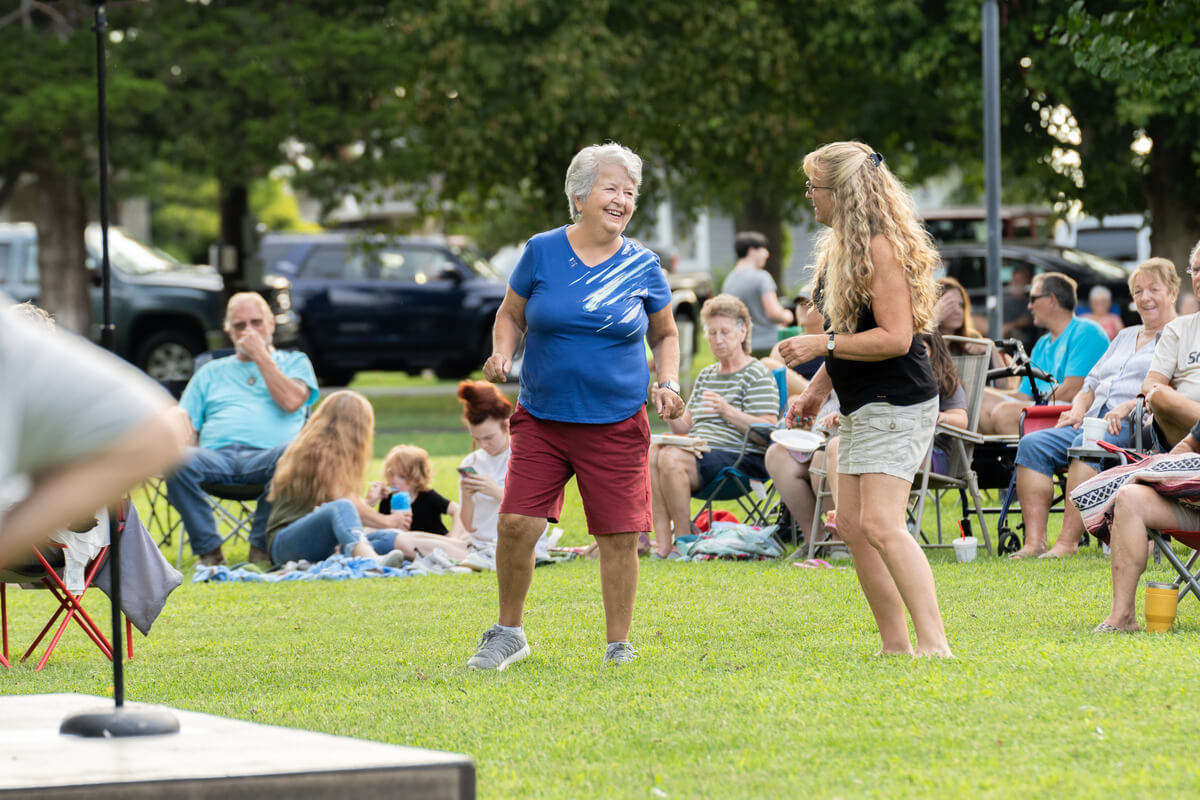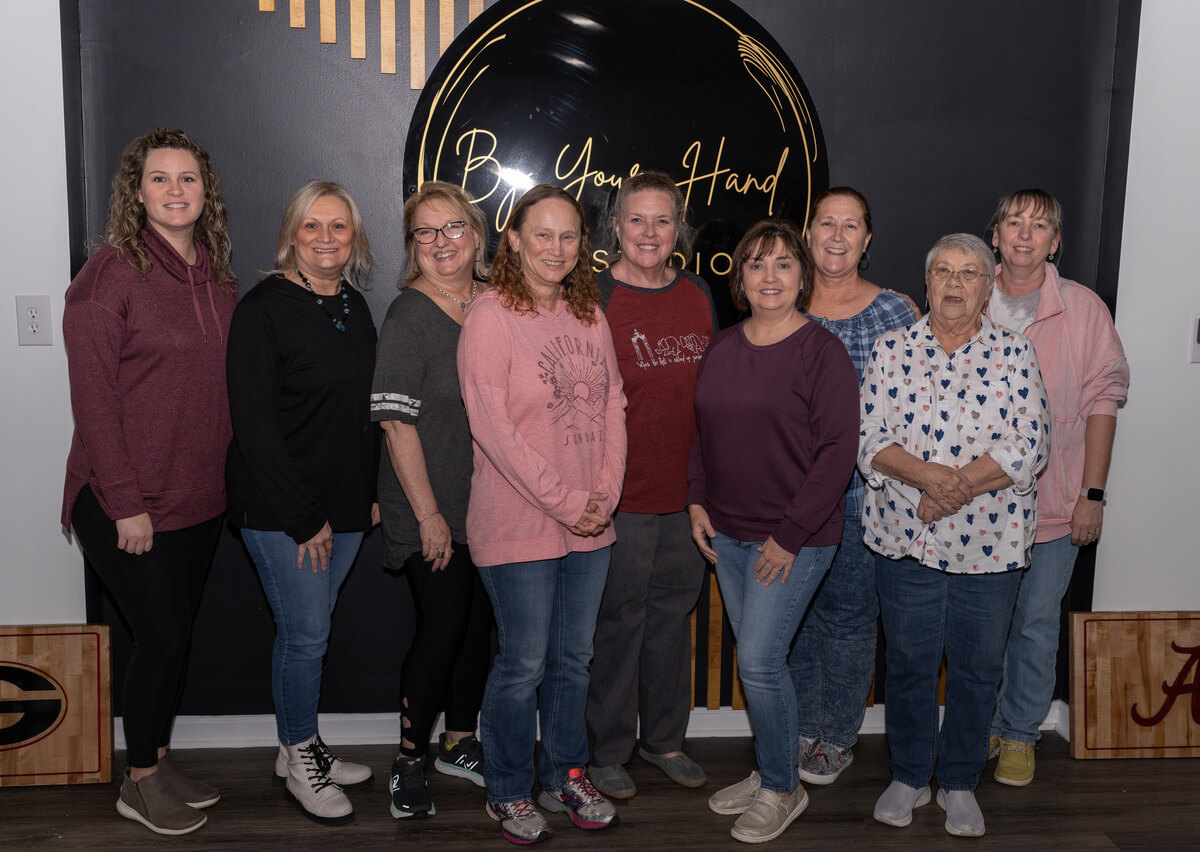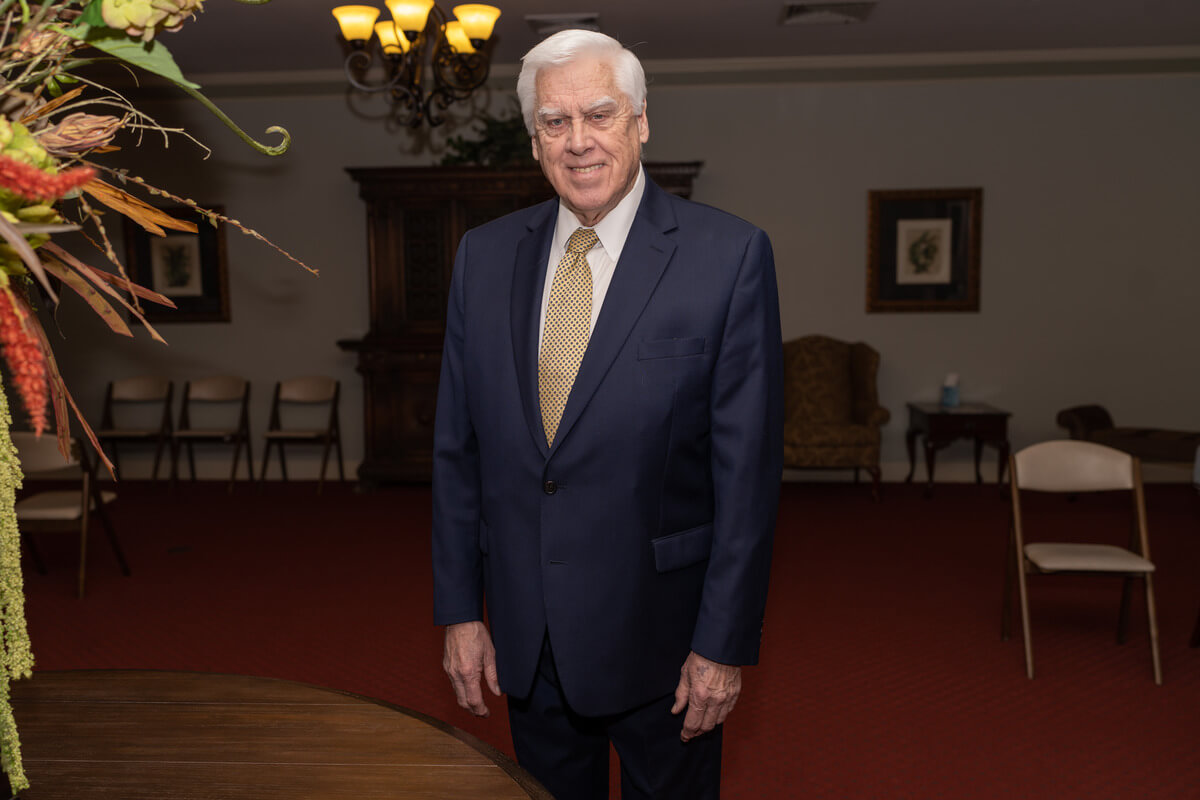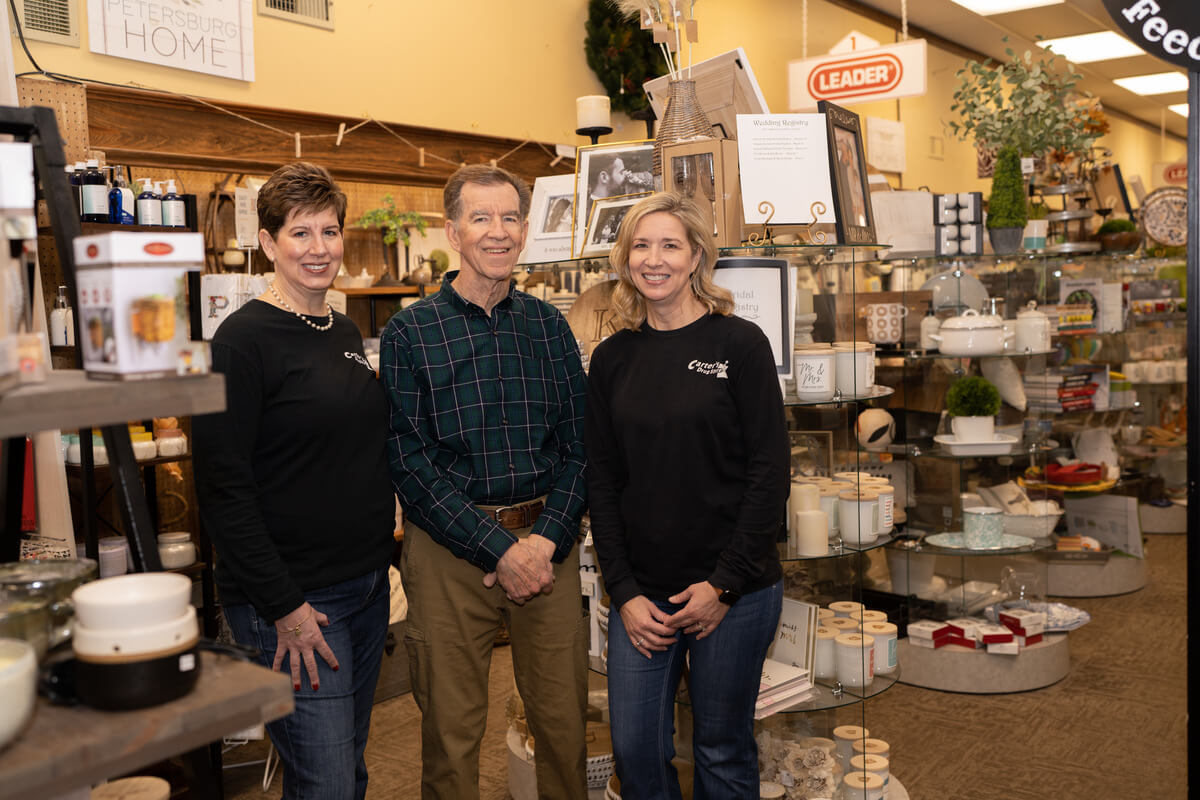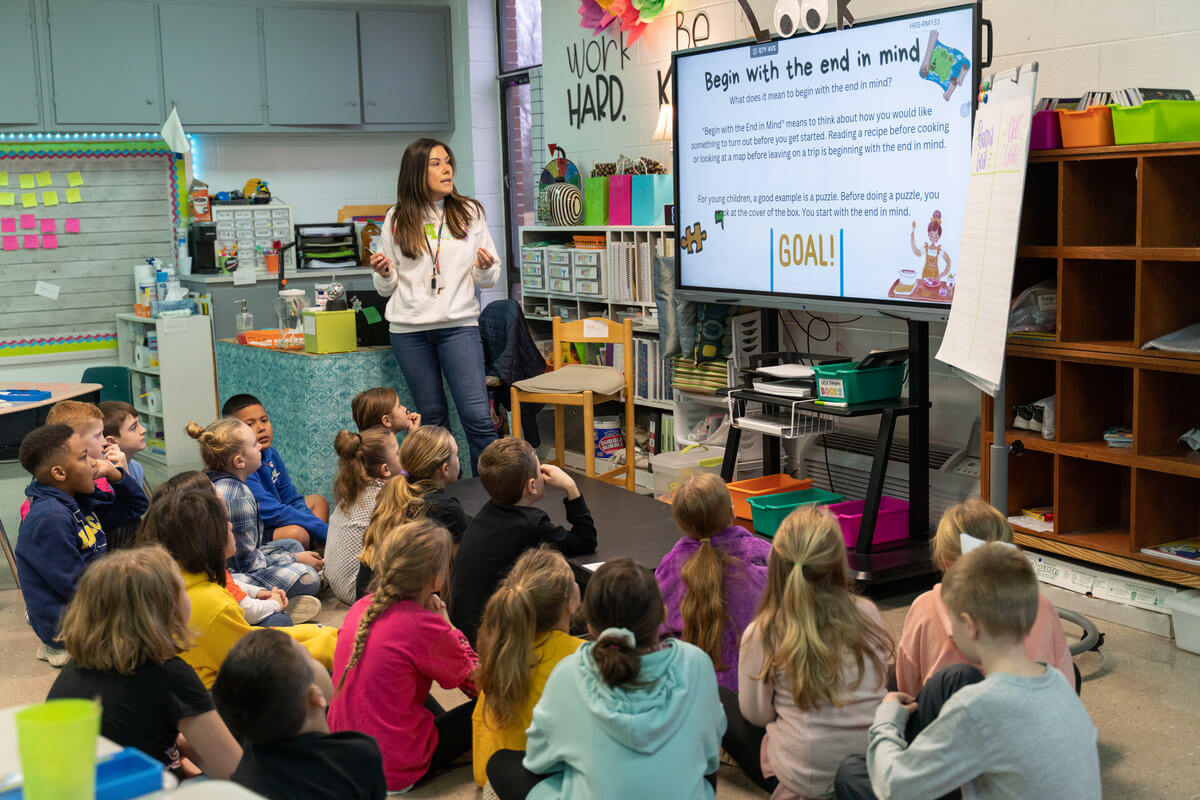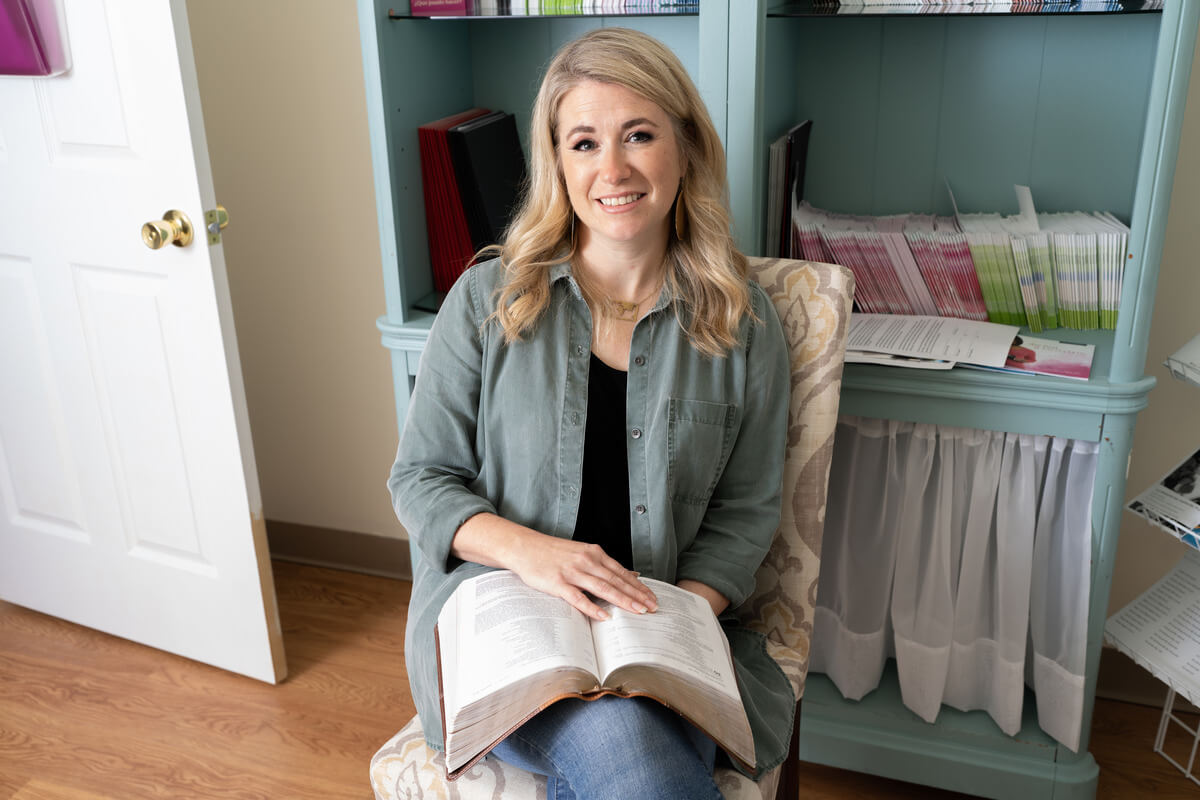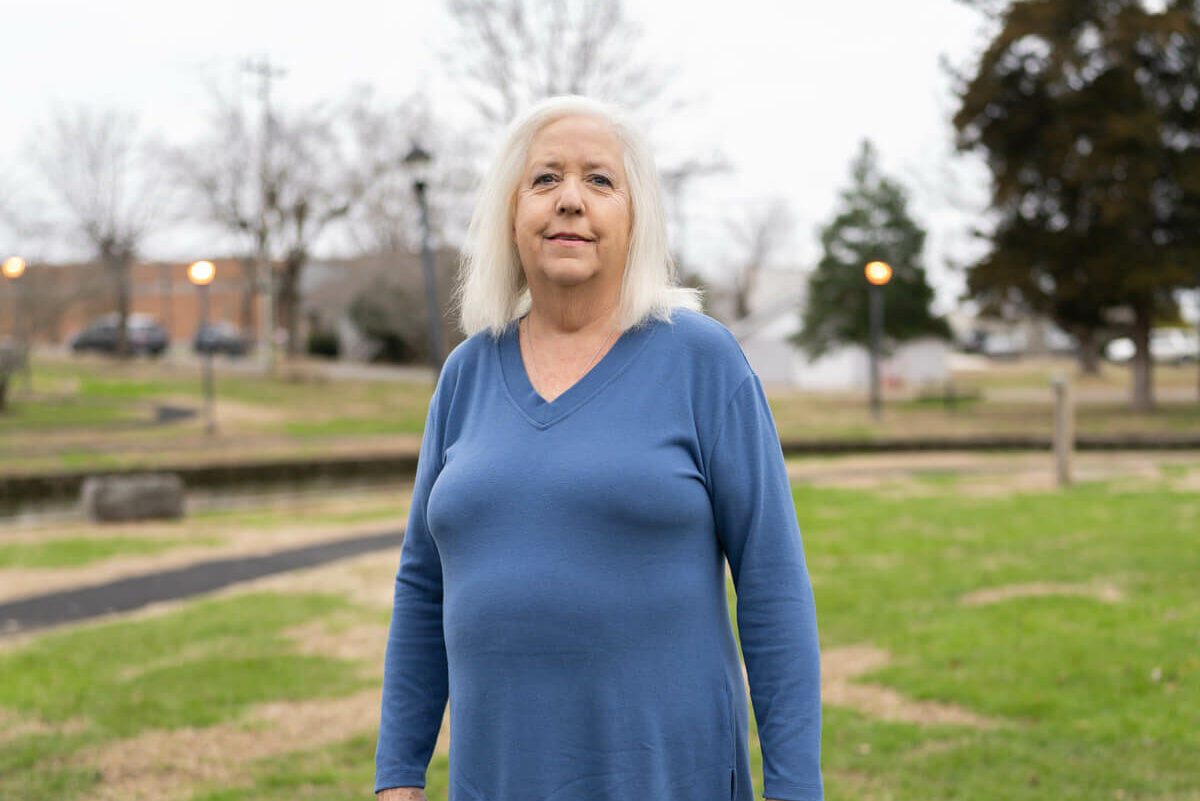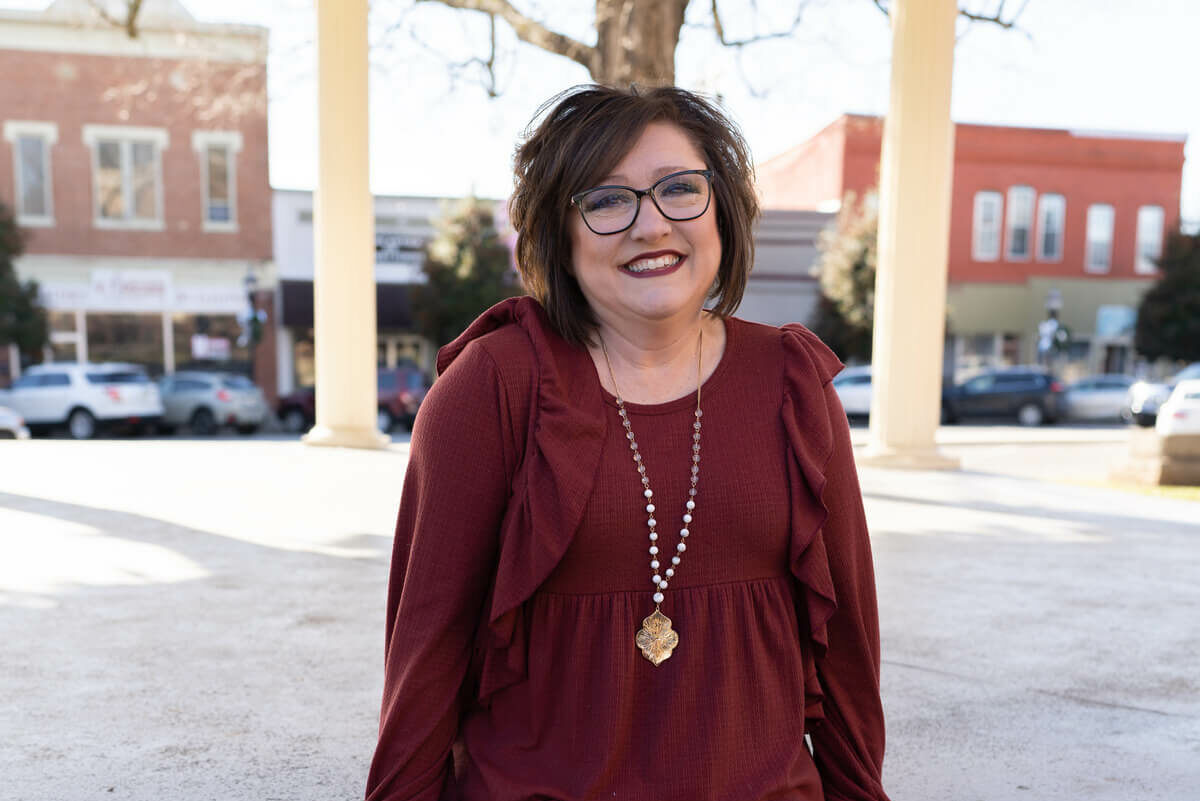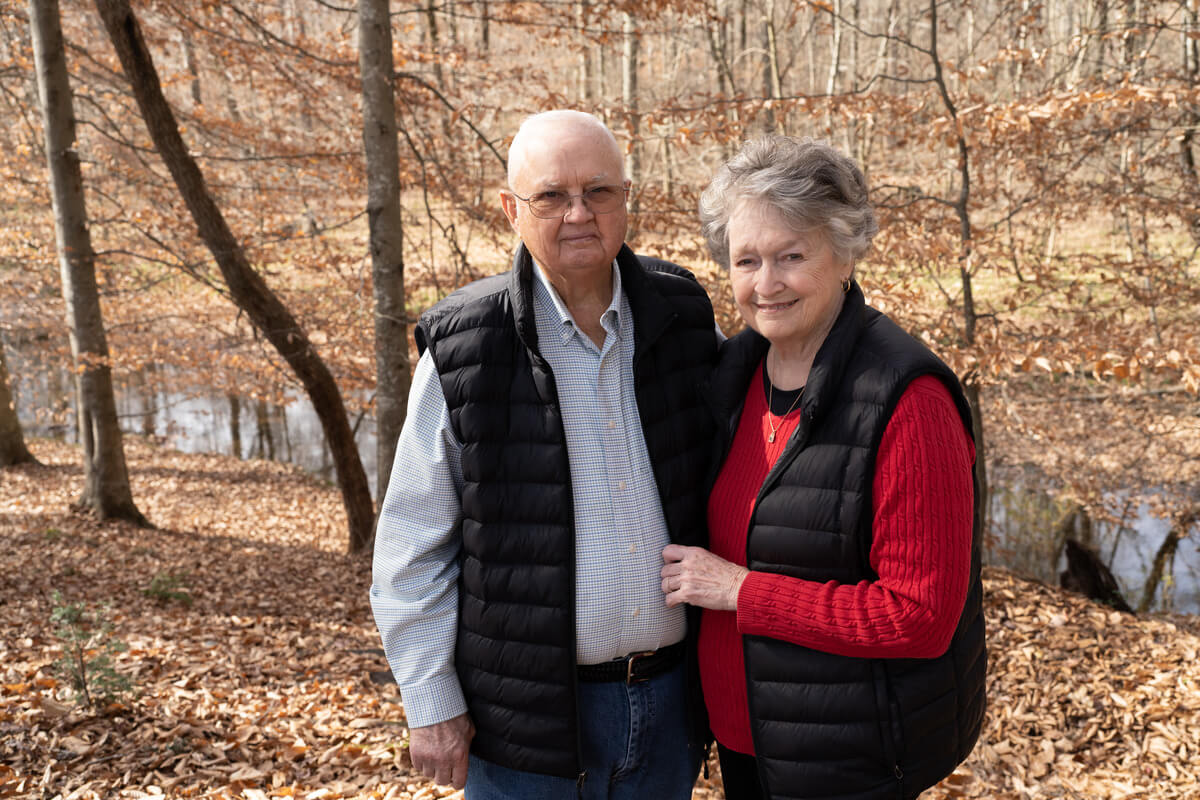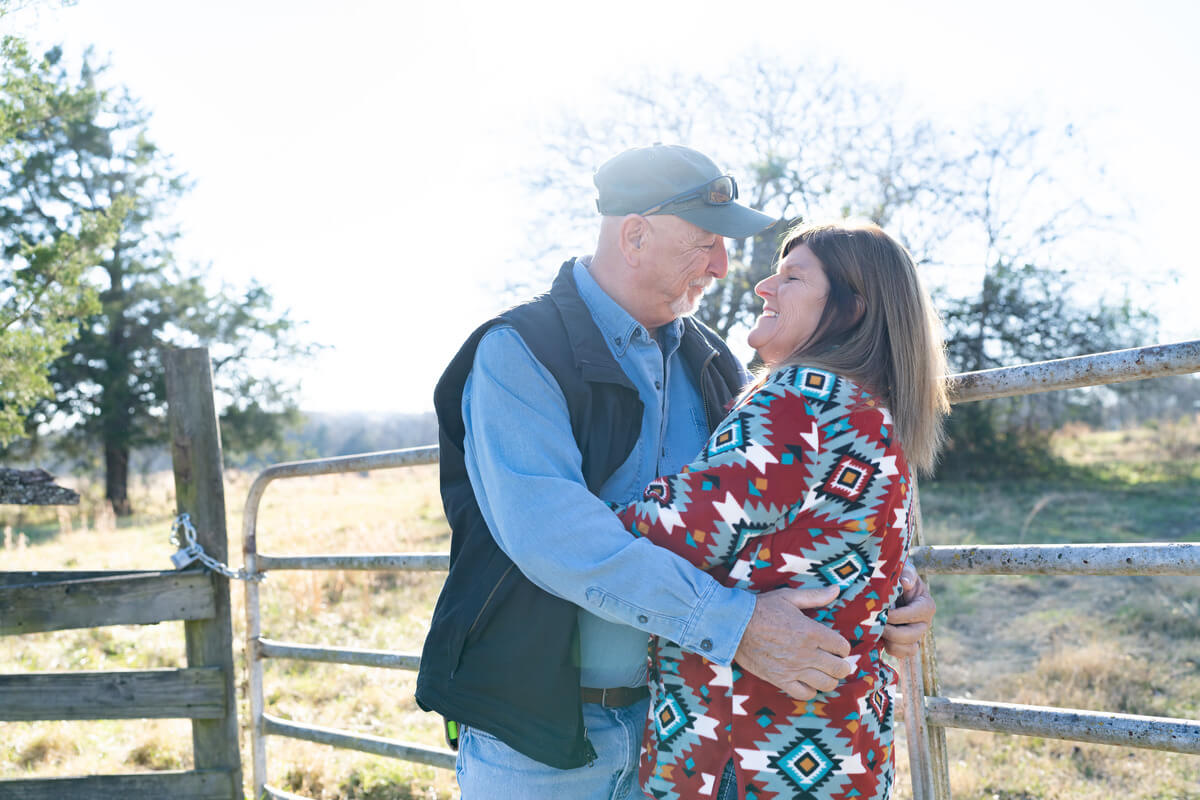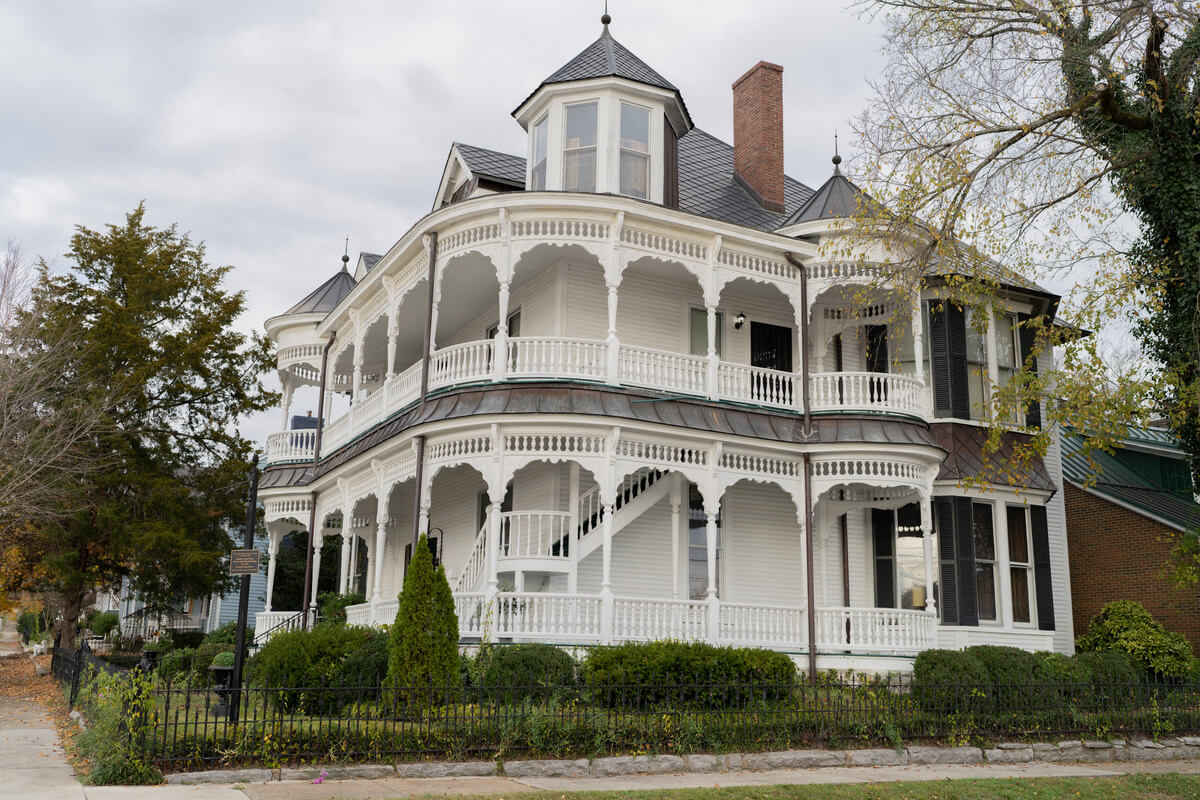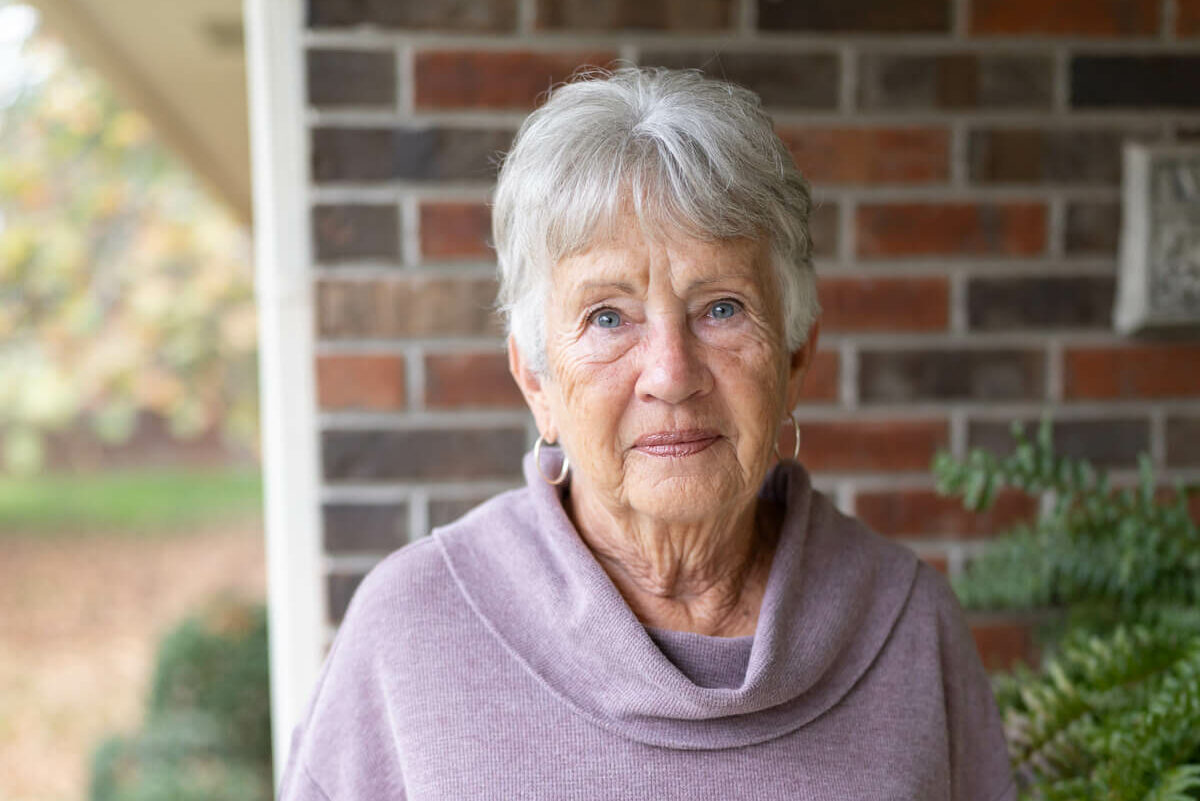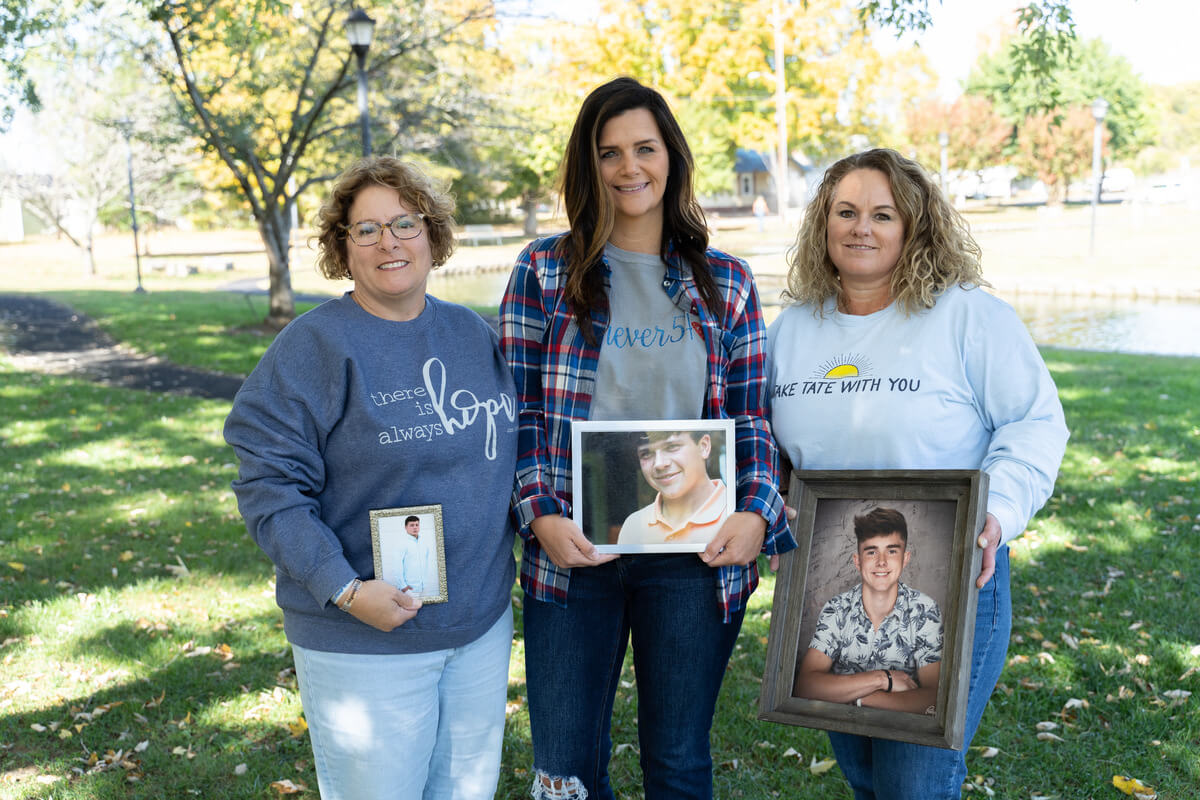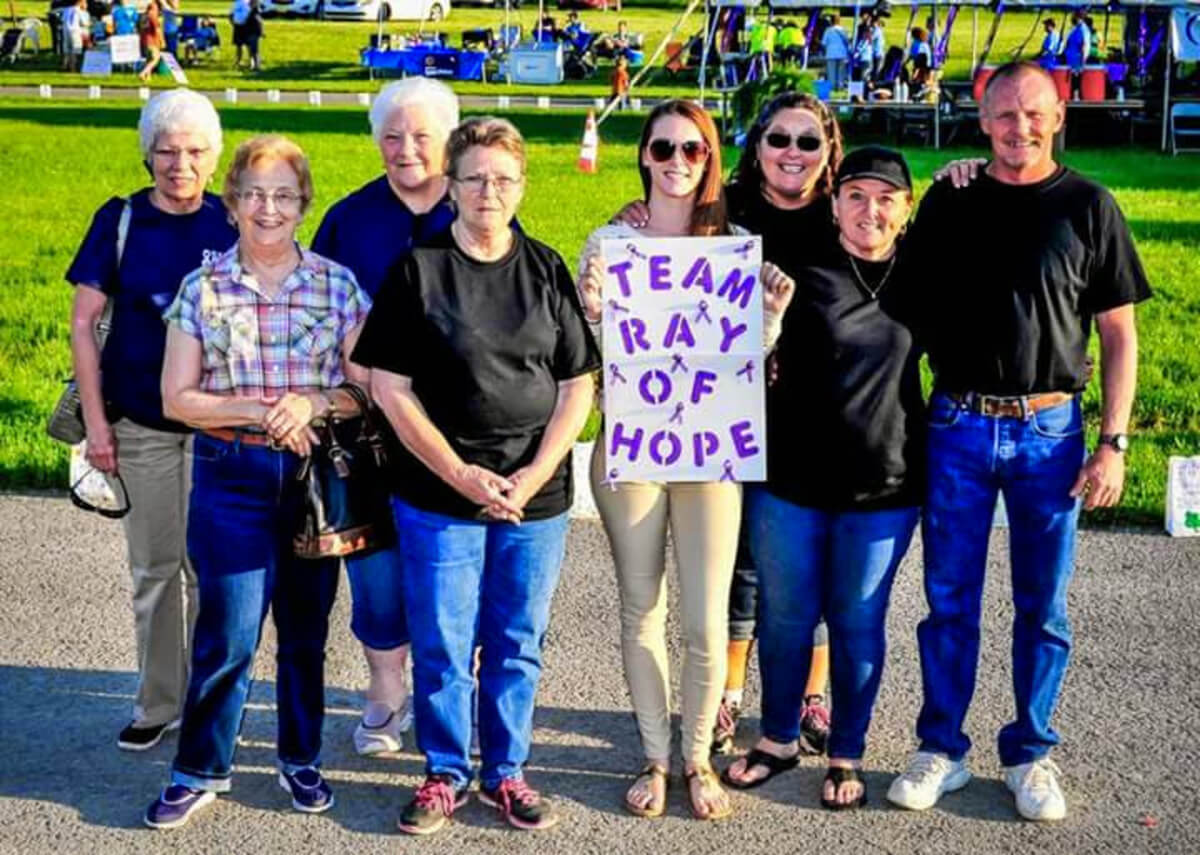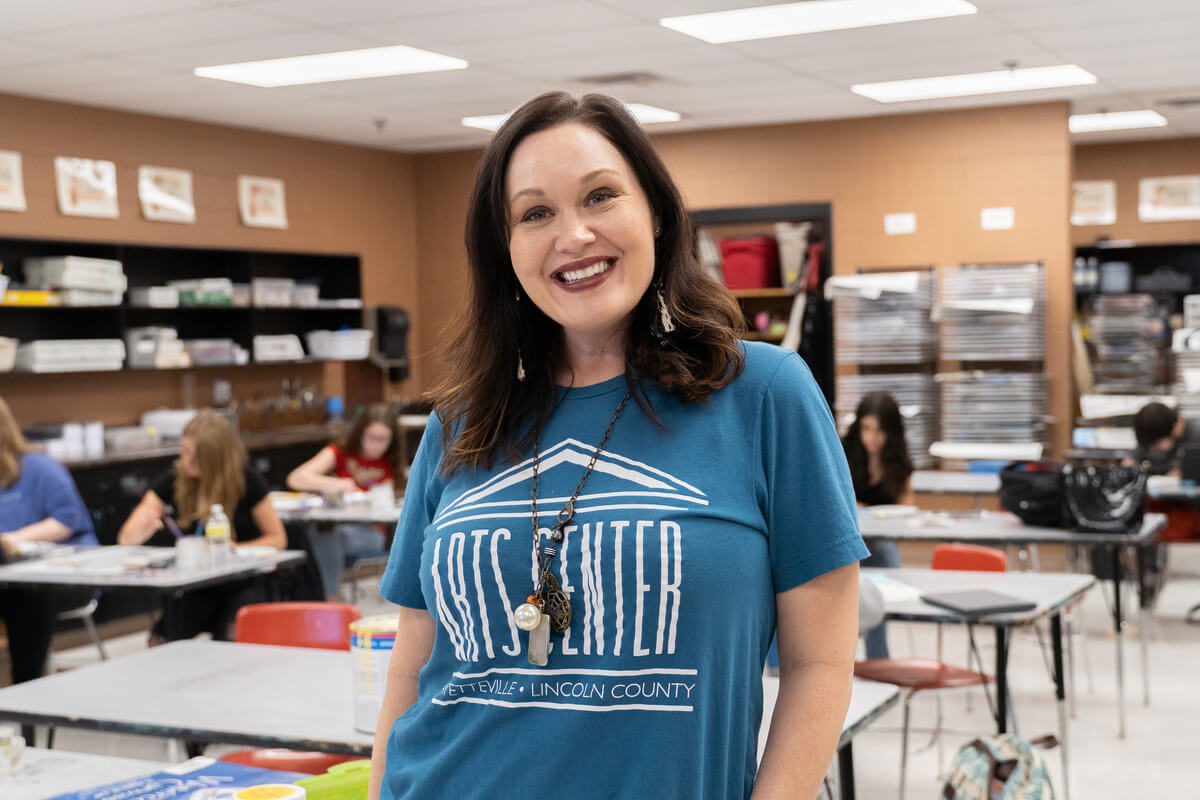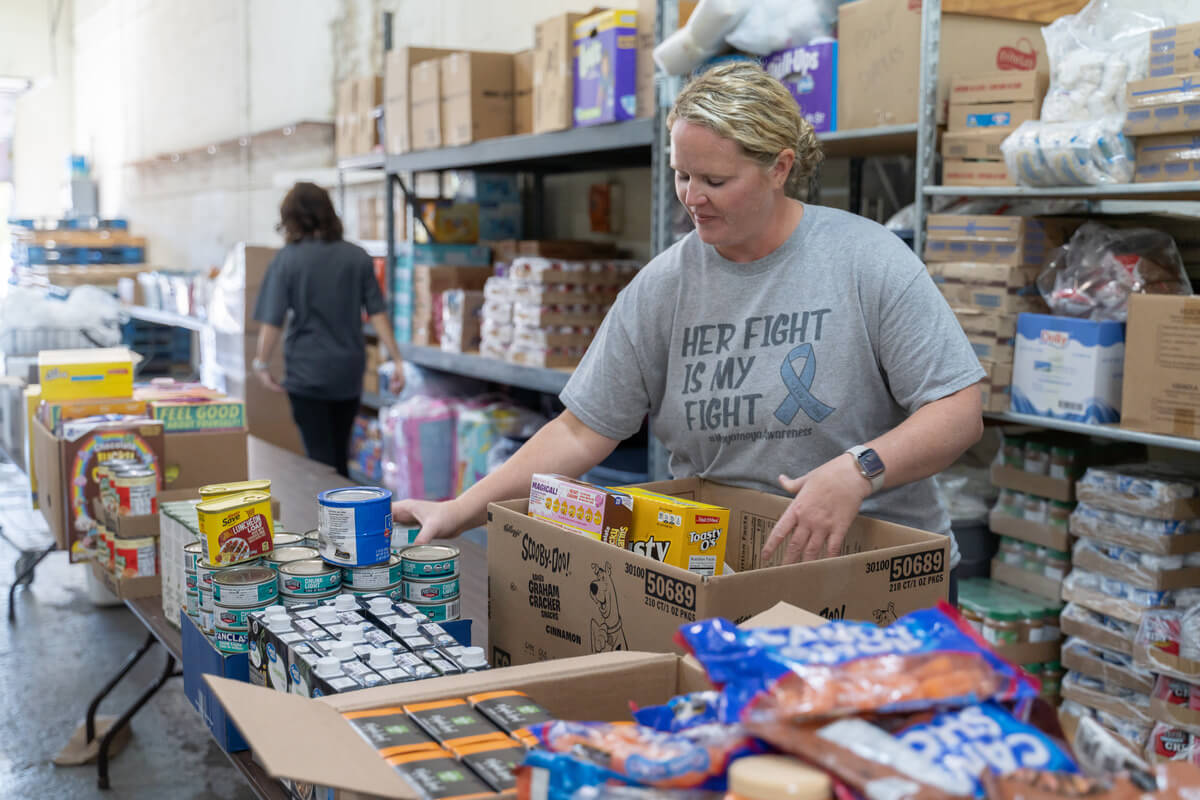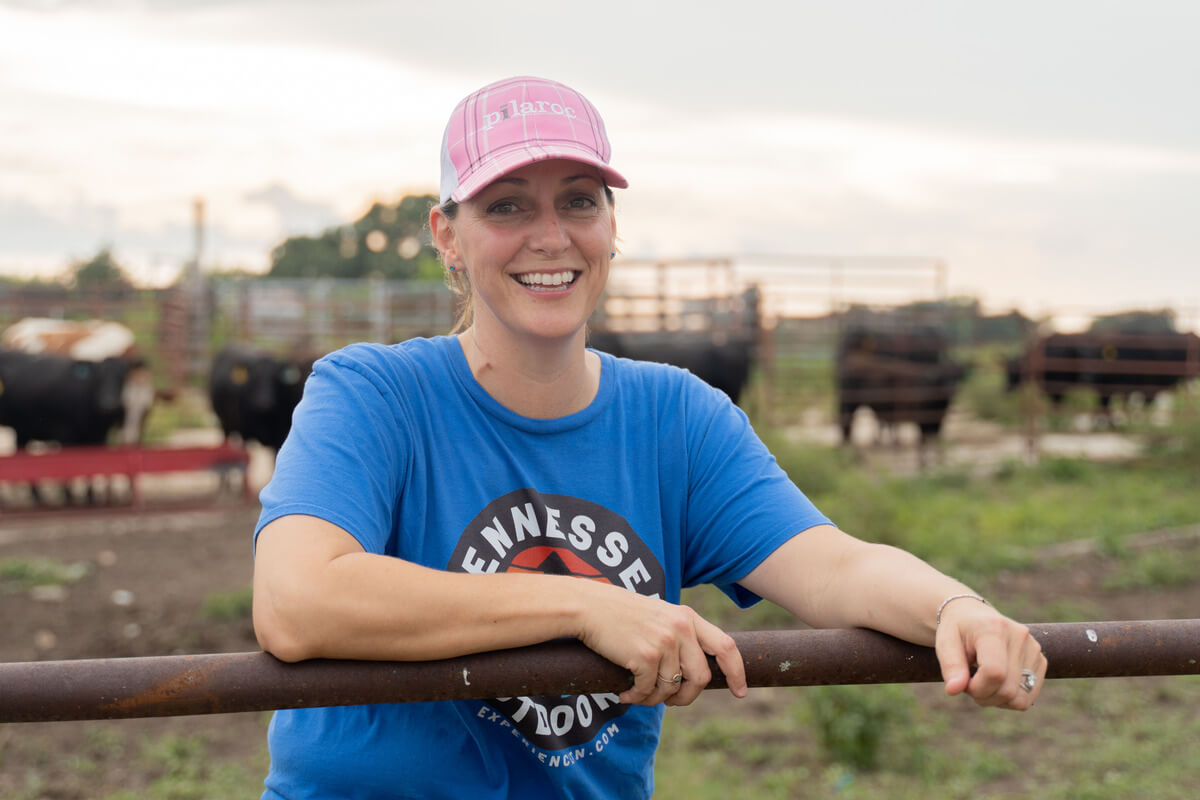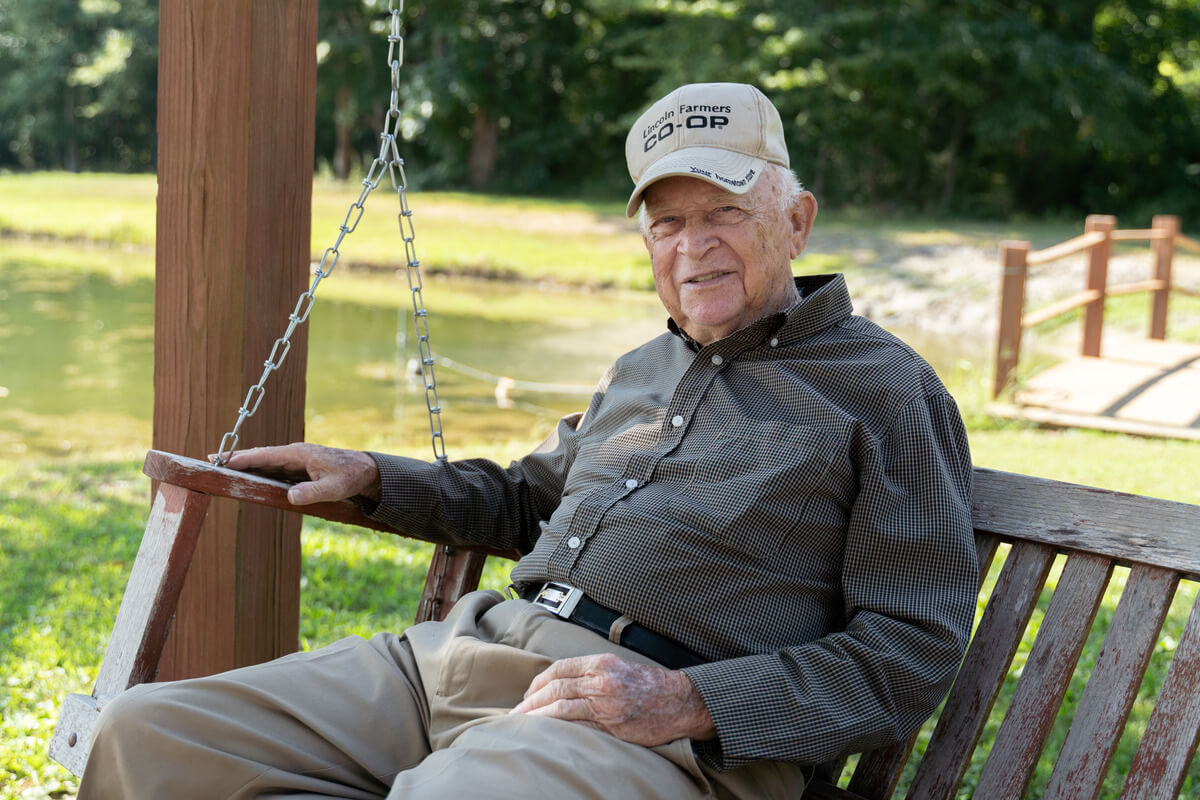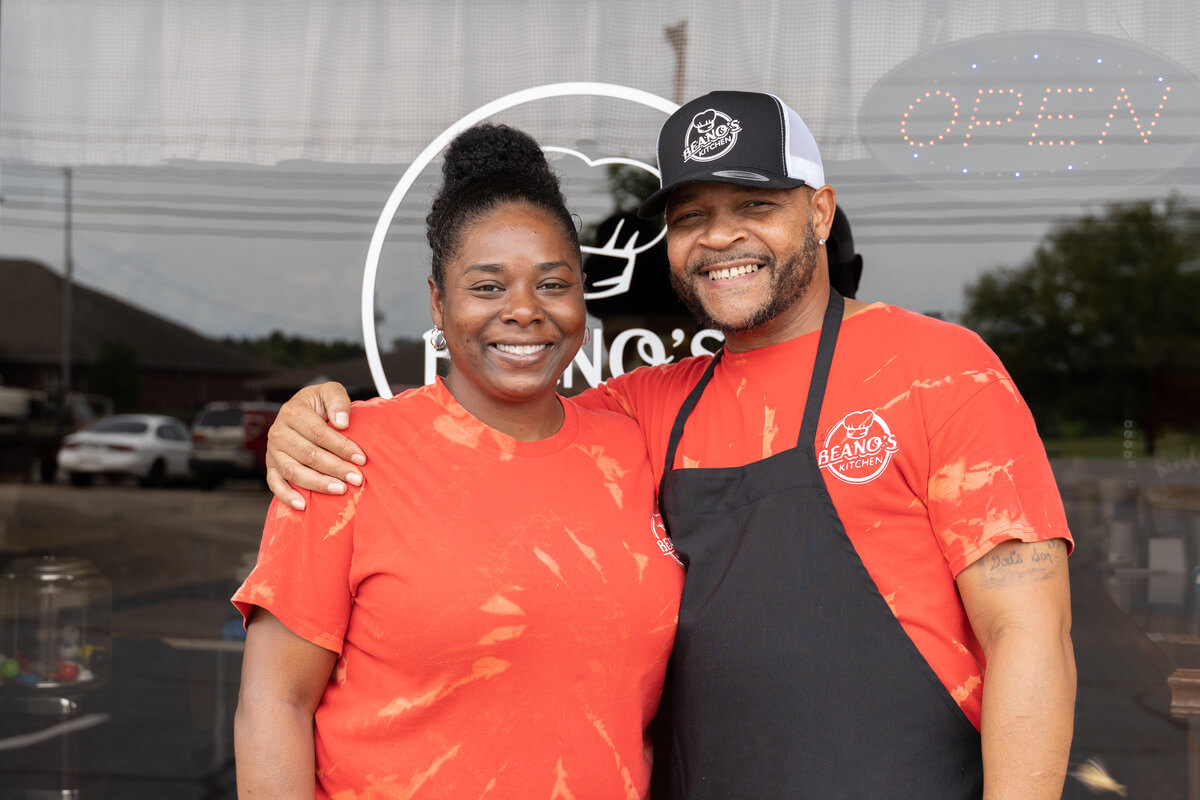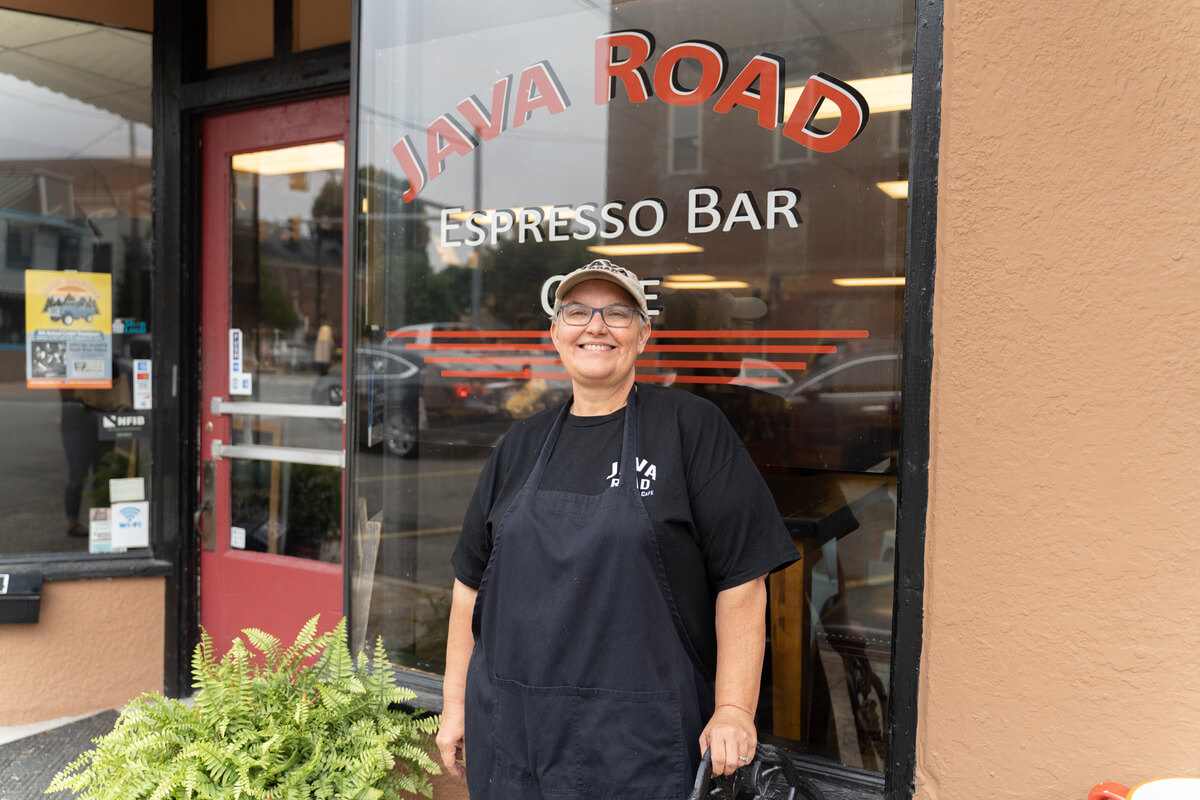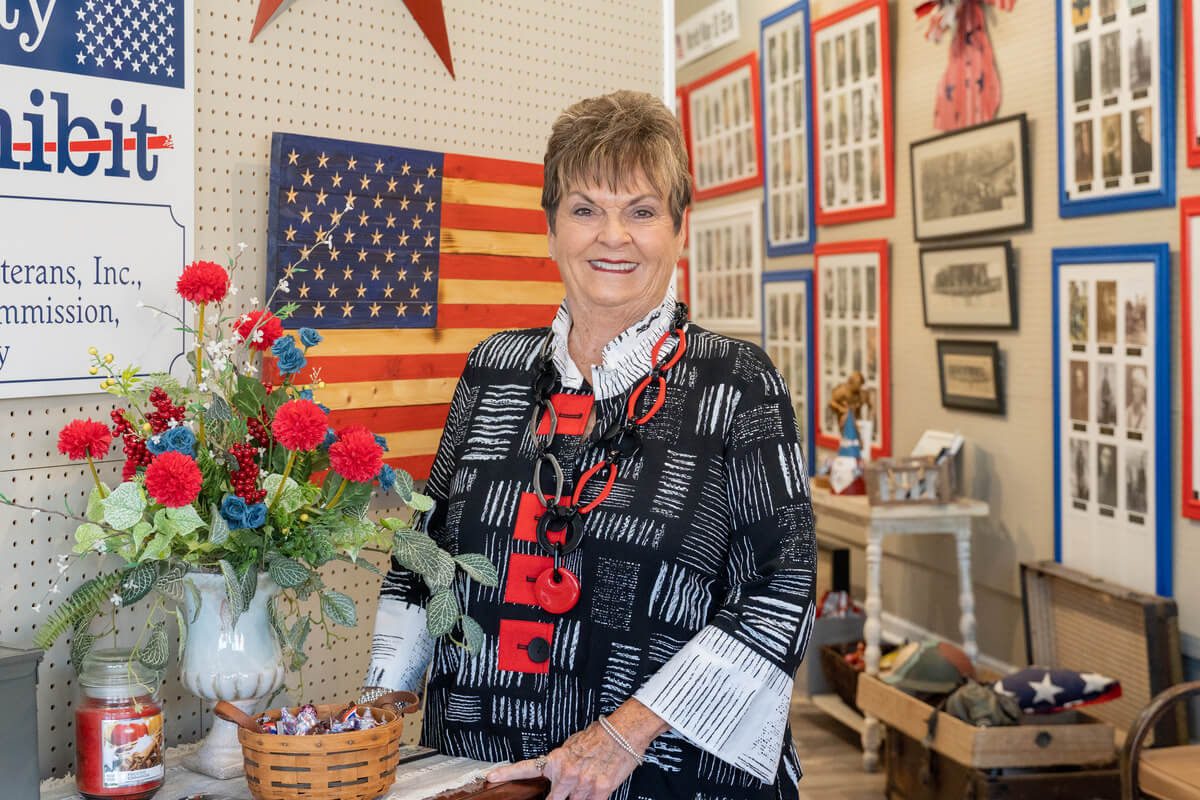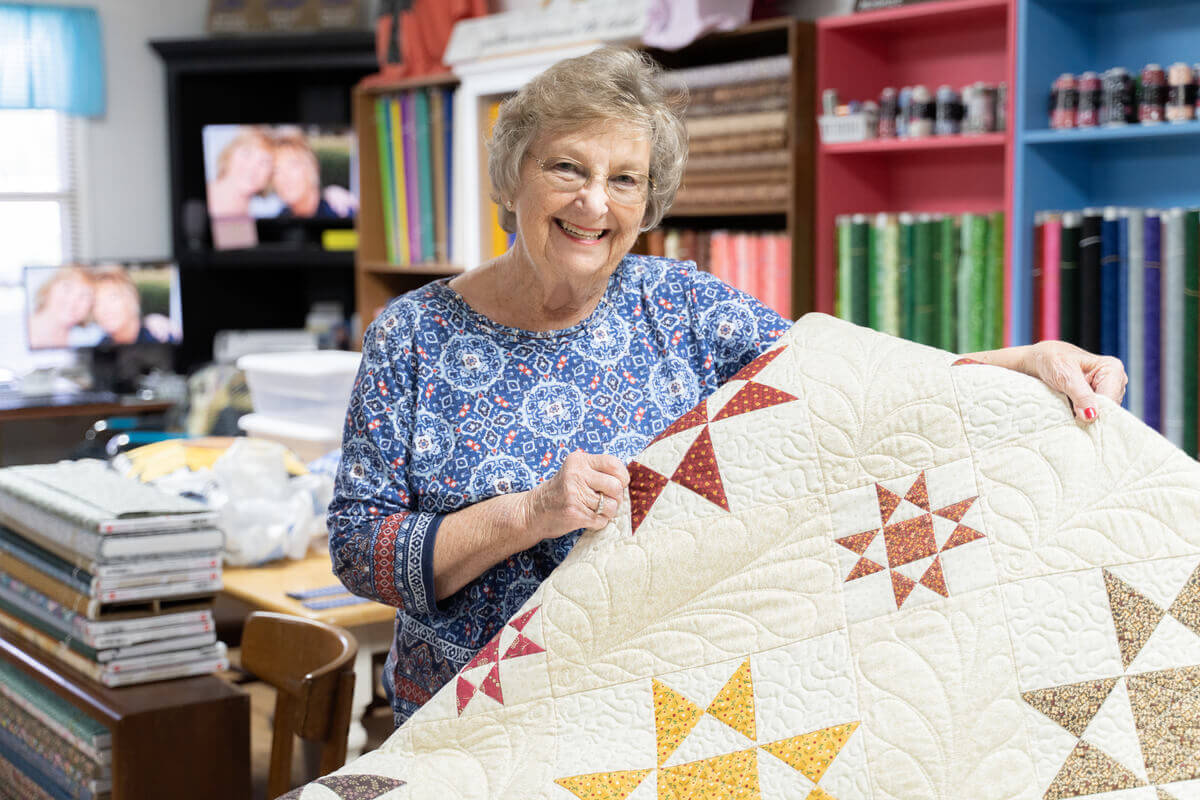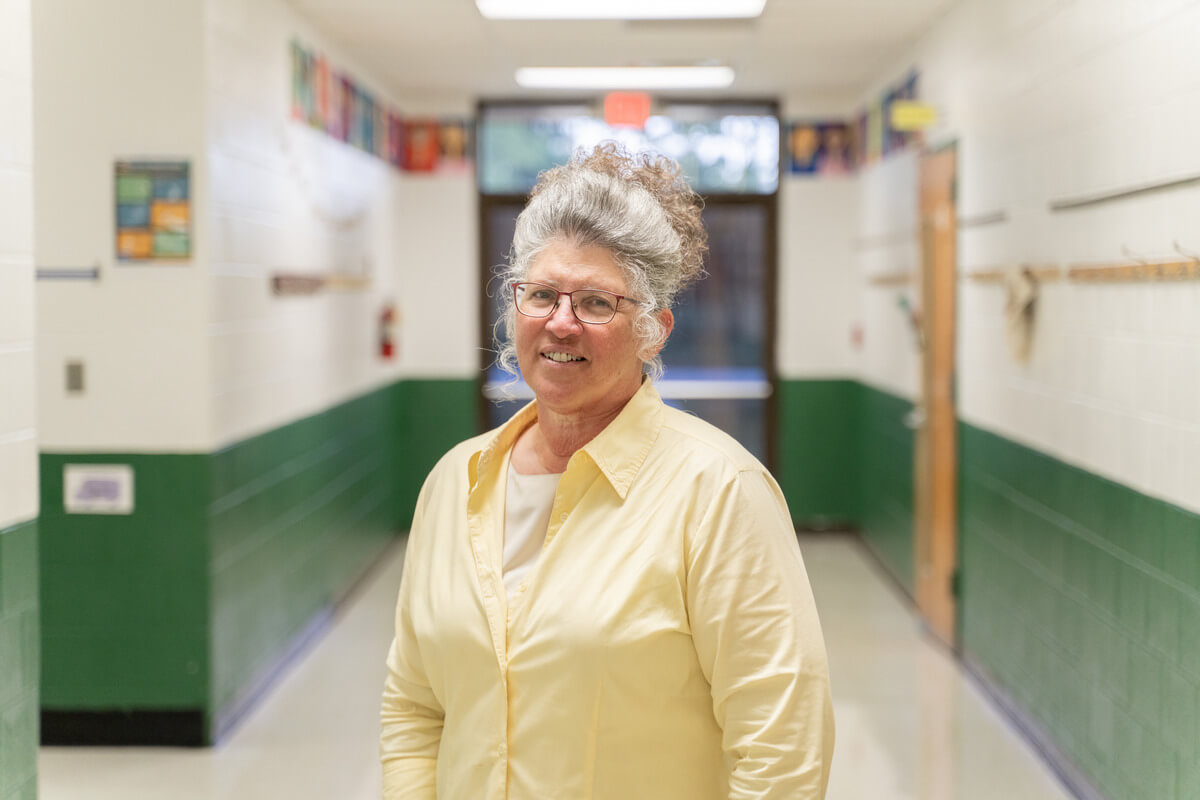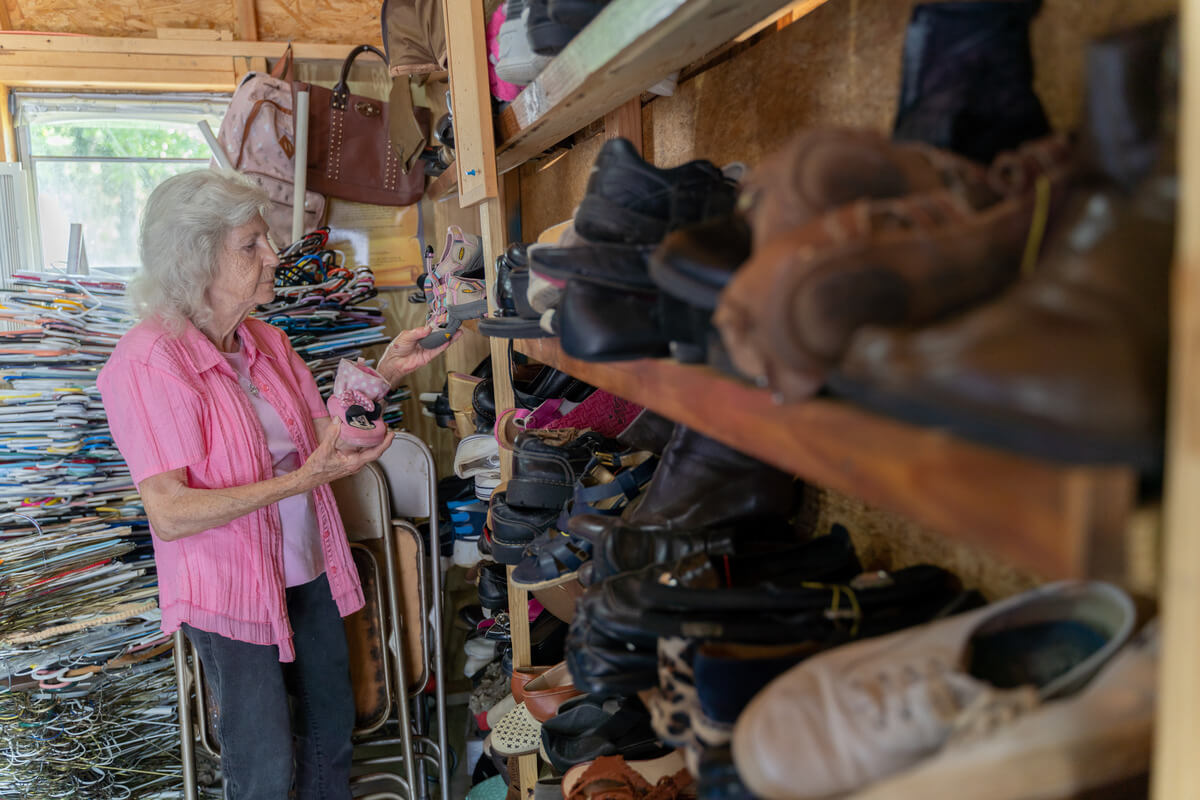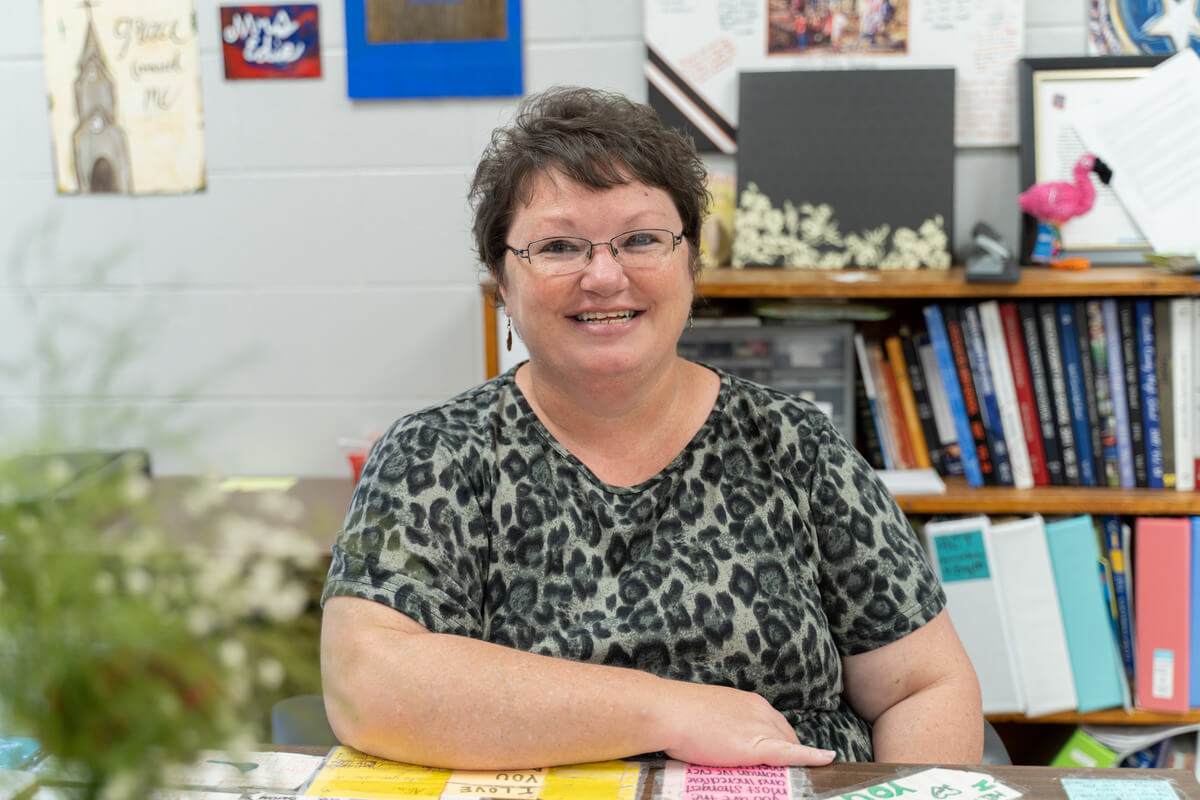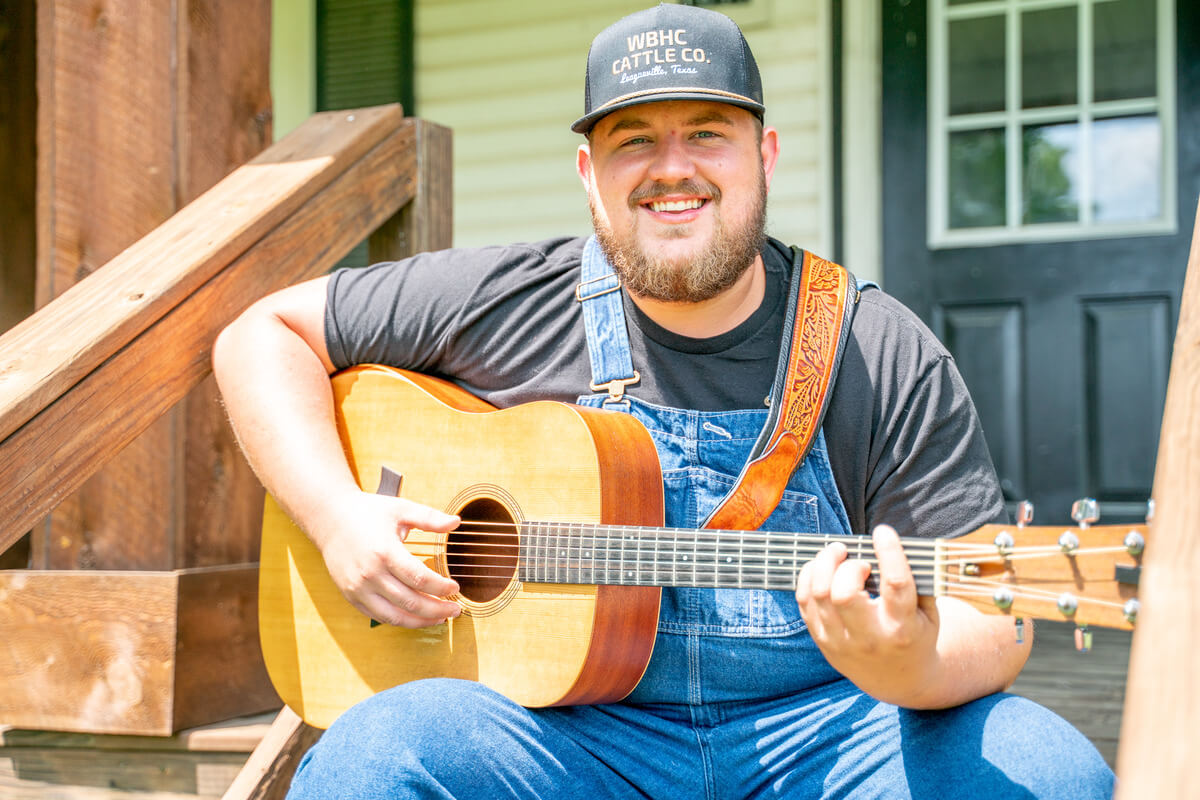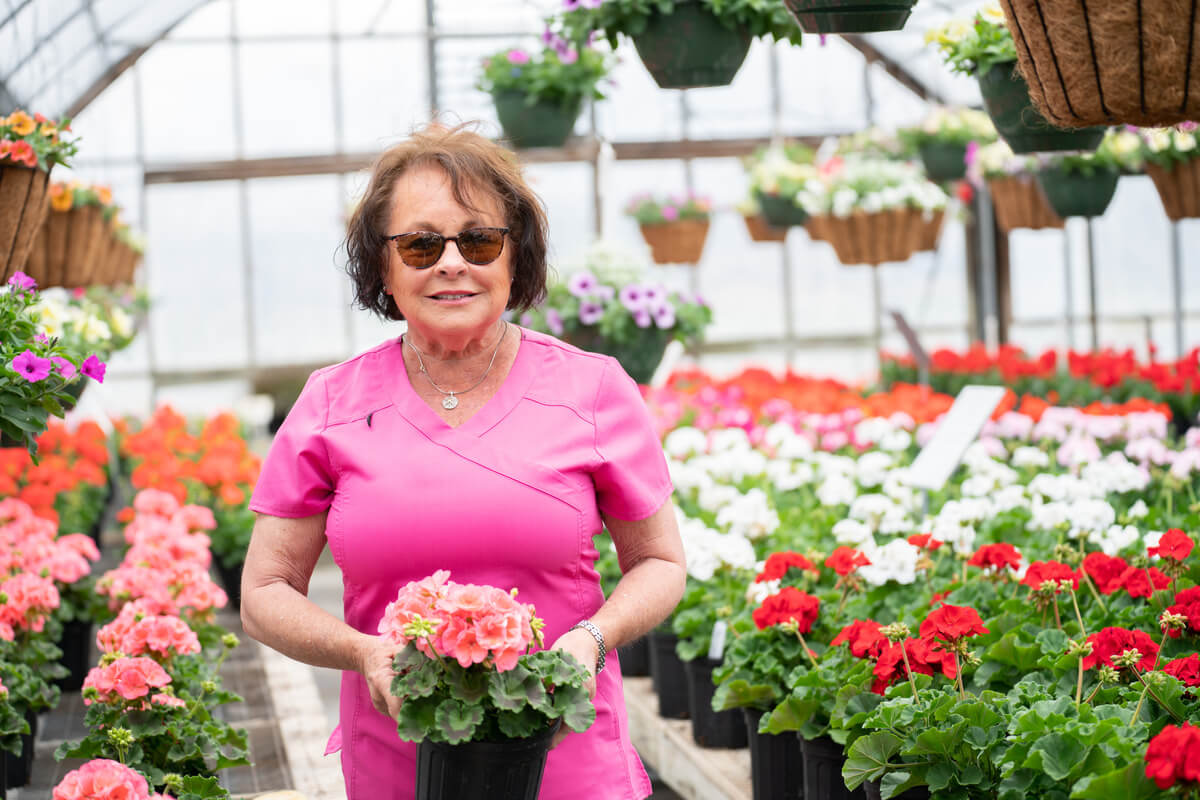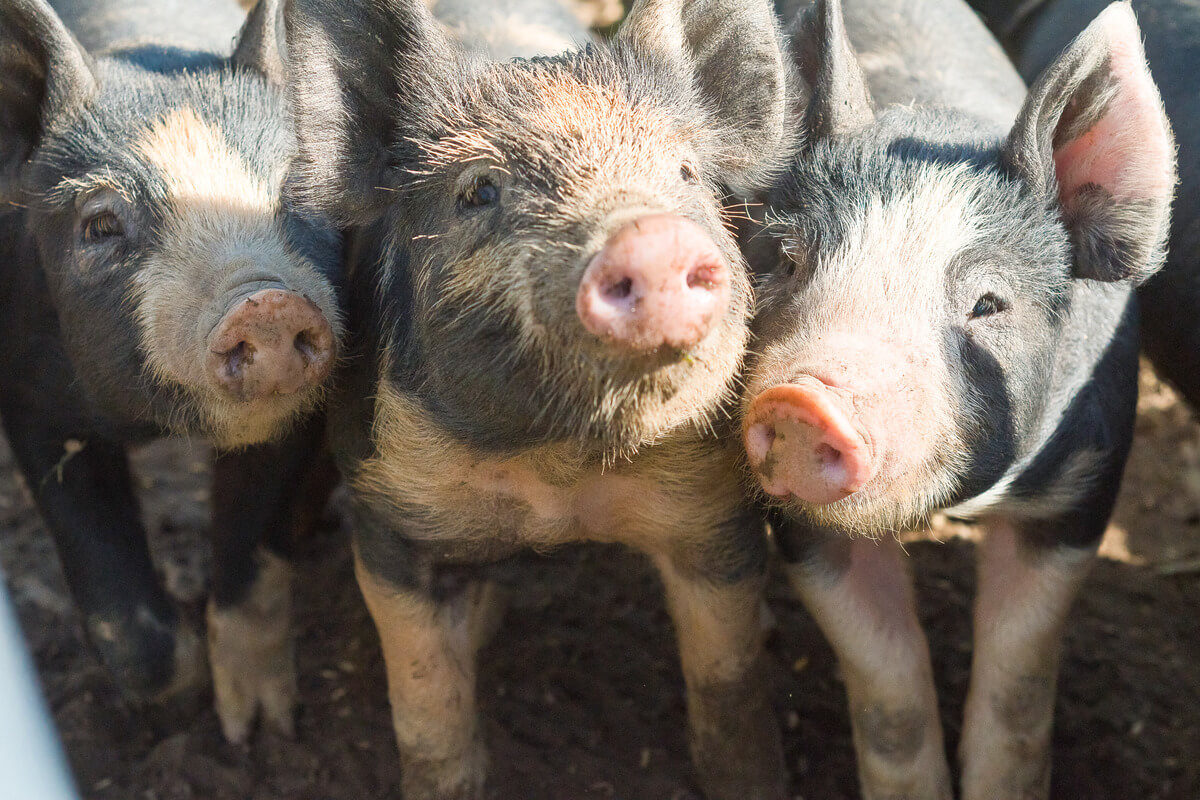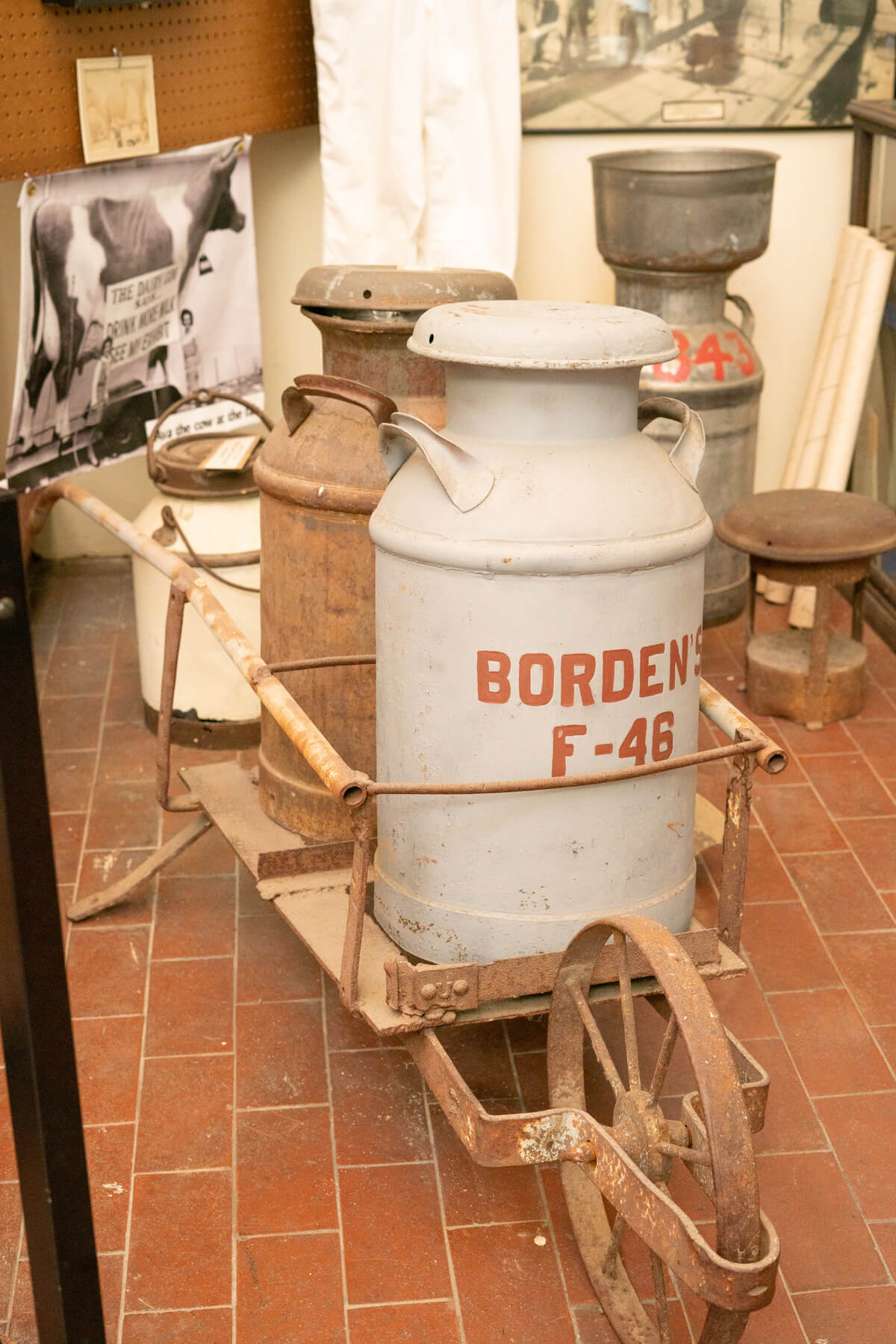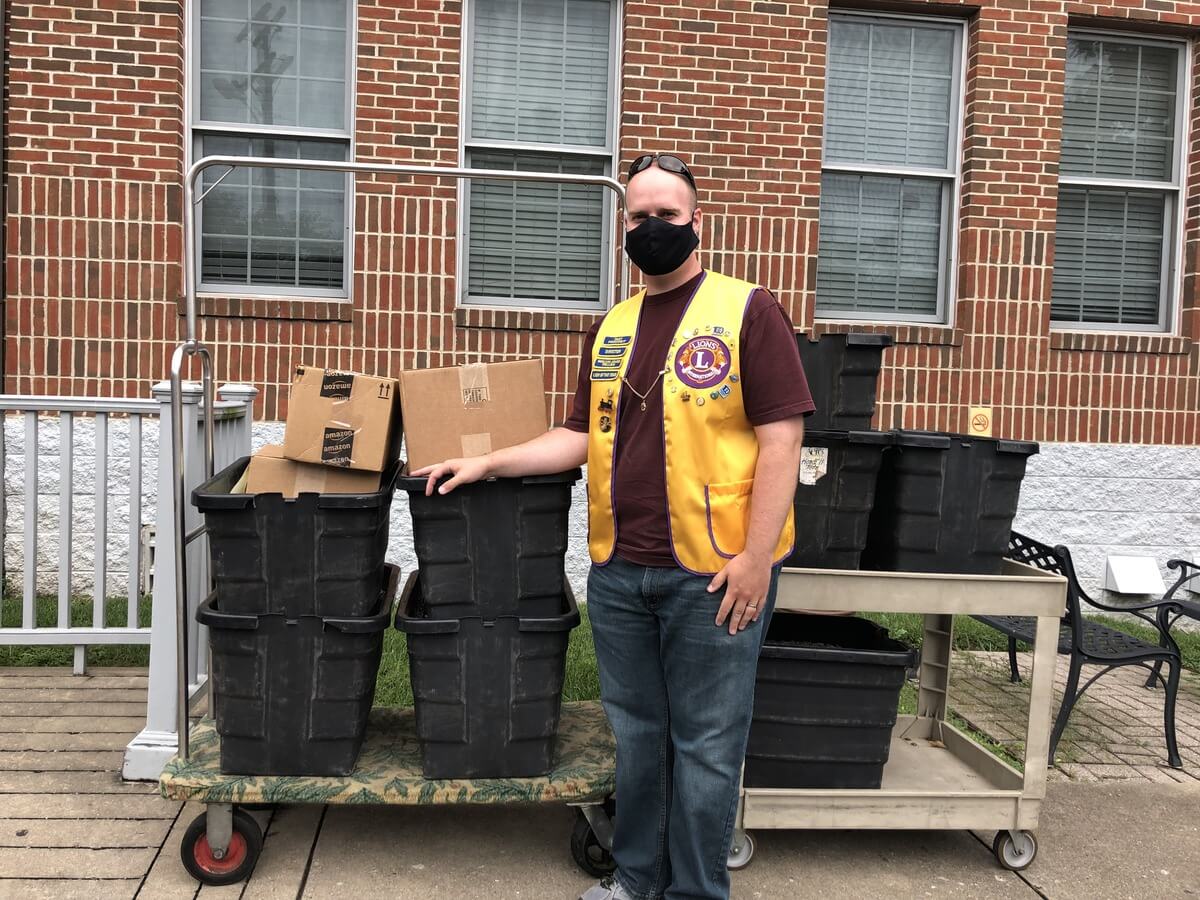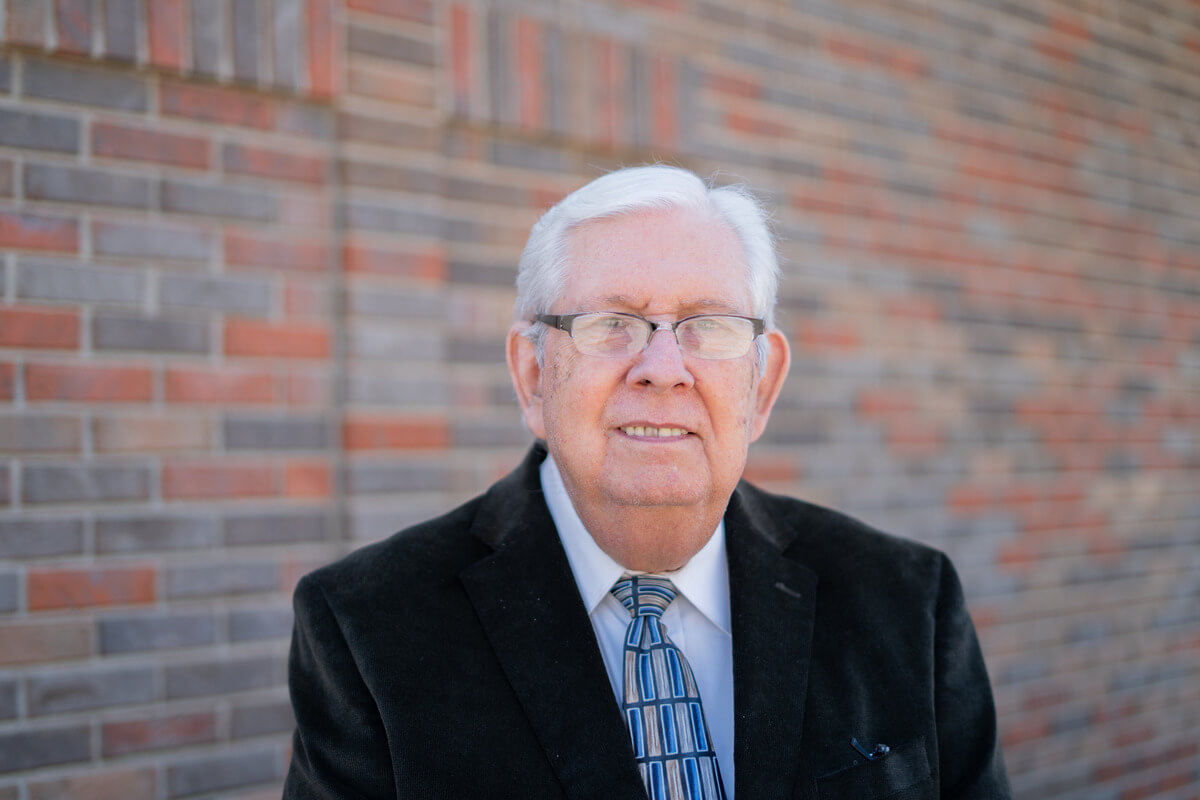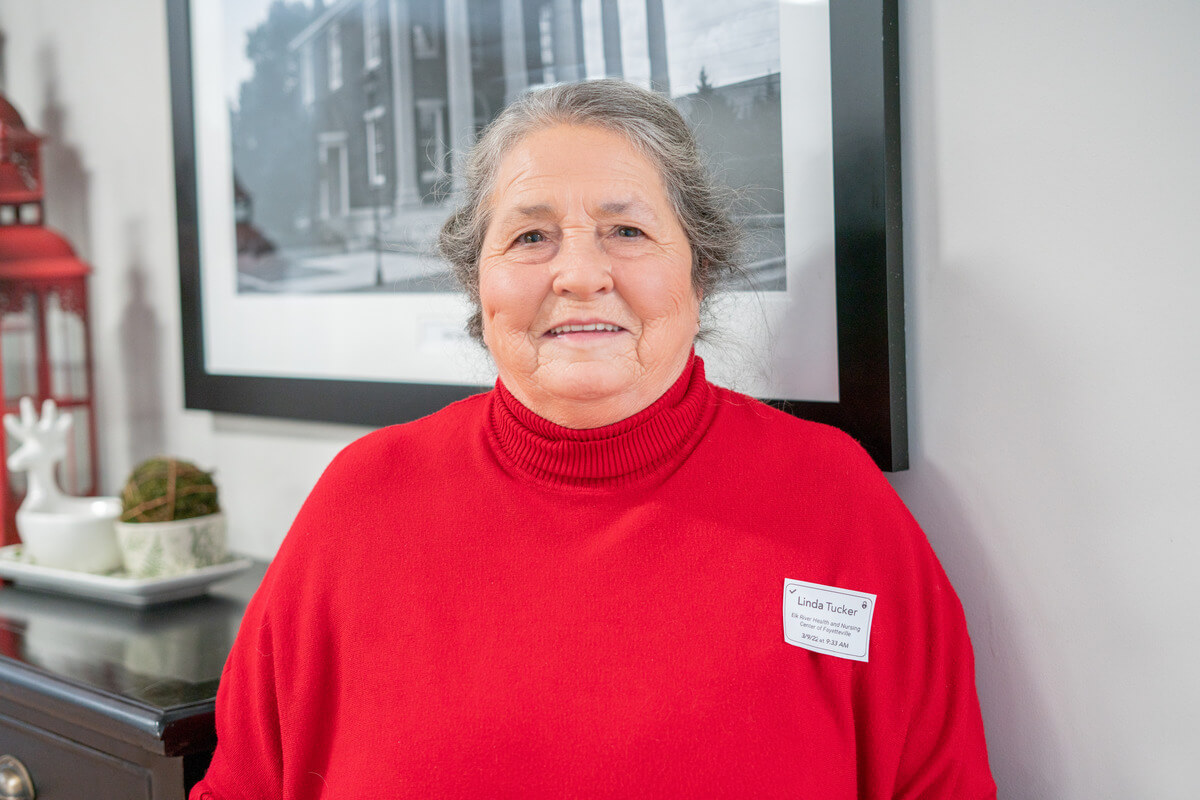IT WAS a time when small communities were more than a place you drive through memorialized by a highway road sign — the town’s name was usually followed by “unincorporated.” Unincorporated is an interesting word meaning not chartered as a self-governing village or city, but these communities were more fortified than the self-governing kind.
Take Camargo, for example, and Bea Williams, more specifically. Her work ethic rivaled the field workers who dropped by Williams Grocery for fuel, a cold drink, and a bologna sandwich. As the screen door slapped the wooden frame behind you, the air conditioning brought immediate relief from the noon-day heat. Warm coffee and conversation with an old friend and gatekeeper chased away winter’s chill.

She kept an eye on every kid who walked or rode their bicycle in for a NuGrape and a candy bar. When Mrs. Bea wasn’t helping collect money to send flowers to a grieving family or restocking shelves, she could be found by the chest freezer cutting out her next quilt or clothing project.
Neighborhood kids weren’t the only fans of a cold Coca-Cola. Moe, the orphaned groundhog, was happy to share your drink and bologna for a season.
Mark Colbert, who grew up near the store, knows Moe’s history.

He said, “Groundhogs were stripping my dad’s garden and tearing it all to pieces, so he shot the mother. Then about a week later, he found out there were three little ones. They’d come out of their den. We gave two away and kept one and raised it as a baby. Then he got big and kept hanging around.”
He was hanging around Williams Grocery and under the front porch steps where he’d appear in the early spring, ready to con his neighbors out of their snacks for a season. And then he was gone.
Gone like the little country stores like Williams Grocery that were once vital to the communities they served. They were hubs for the latest news or gossip, hardware, fuel, lunch, ice, snacks for sinking stomachs, and air for sinking tires. Williams ran the store while her husband worked in fields that would yield a harvest that found its way to the store.

Linda Pogue and Joan Hardiman, Williams’s daughters, and her son, Sam Franklin Williams Jr., said their mama was a very smart lady without a lazy bone in her body. Those bones opened the store early every Monday through Saturday for almost 50 years. She closed the store one month short of 50 years due to her declining health.
The building no longer stands, yet it invisibly unites all who passed in and out of its doors. Mrs. Bea, though no longer with us, remains a vivid memory.

Driving through Camargo, the store building may be gone, replaced by new structures, but the spirit of Williams Grocery lives on in the hearts of those who experienced its warmth and community spirit. Memories of laughter, shared stories, and the smell of freshly oiled floors linger, reminding the town’s residents of a time when life was simpler and connections forged in the aisles of a small country store.
As the years pass, the Camargo community continues to cherish the legacy of Bea Williams and her grocery store. The memories shared by neighbors and friends preserve its spirit and serve as a reminder of the importance of documenting the history and traditions of these small-town communities.
In a world that is moving faster every day, reflecting on the memories of Williams Grocery invites us to pause and appreciate the values and connections nurtured within its walls. It serves as a reminder that no matter how much time has passed, the impact of a small country store and the dedication of its owner is priceless. GN



